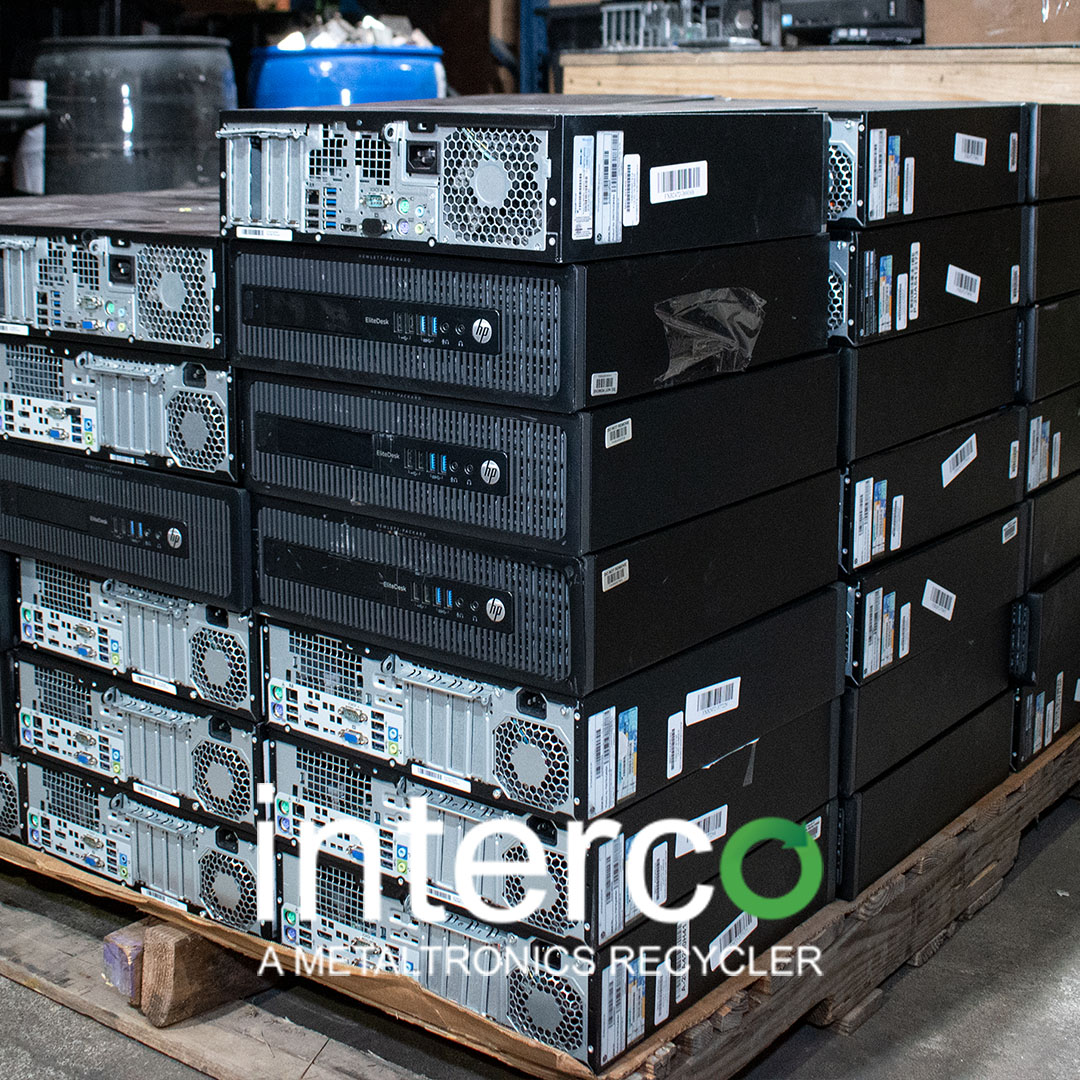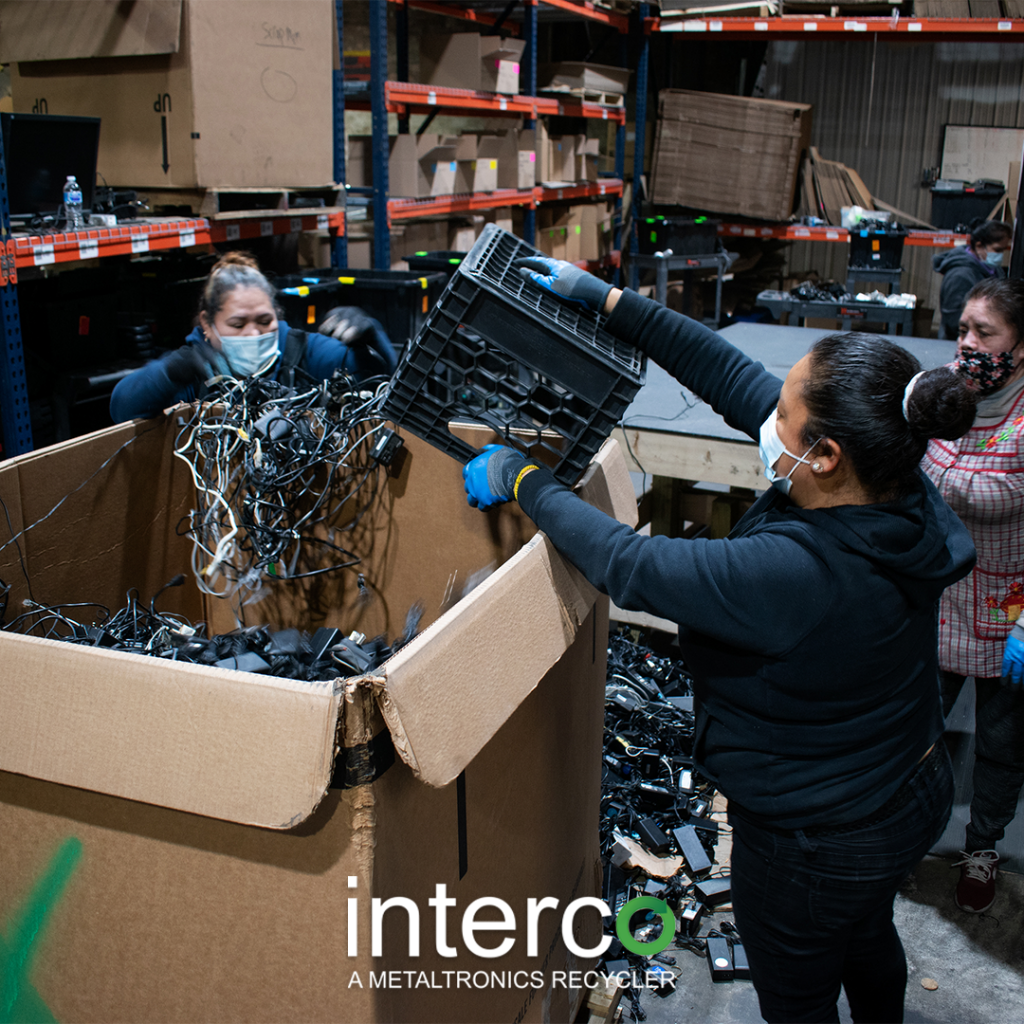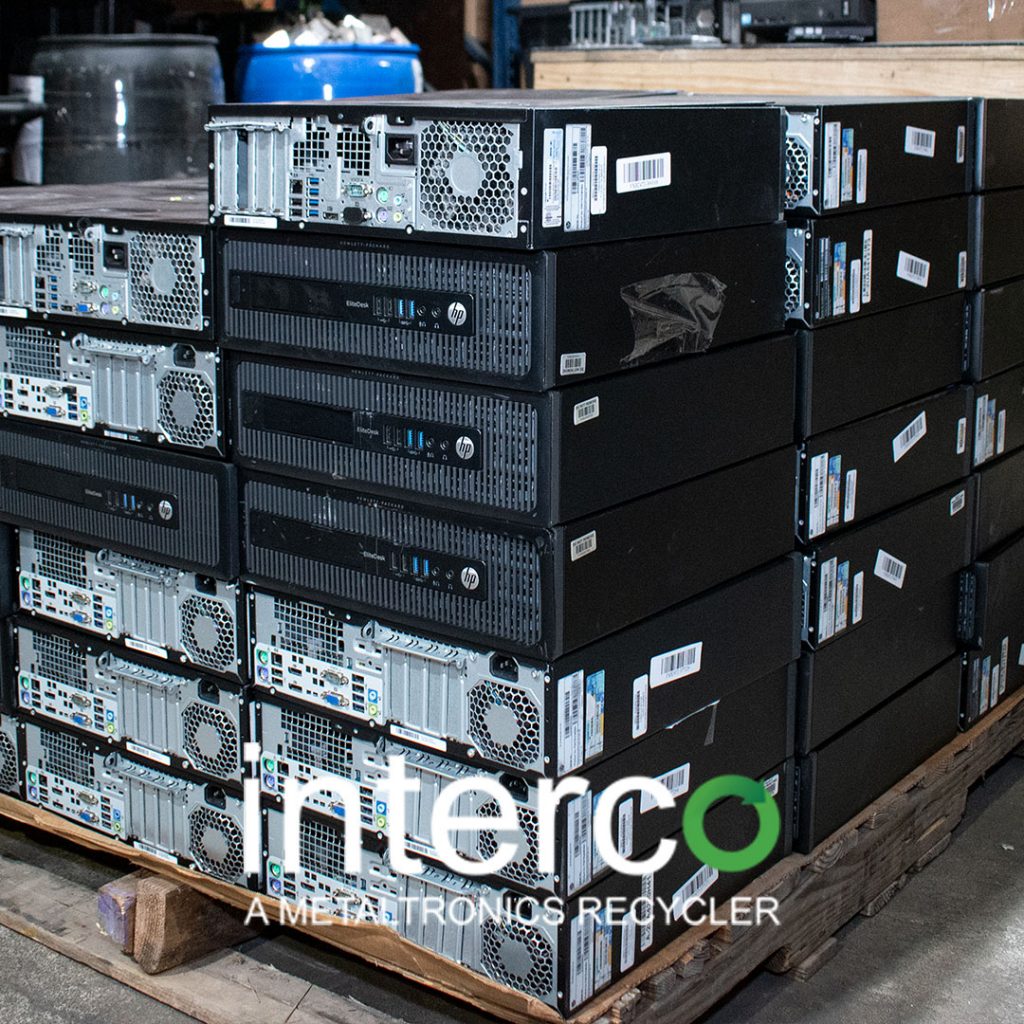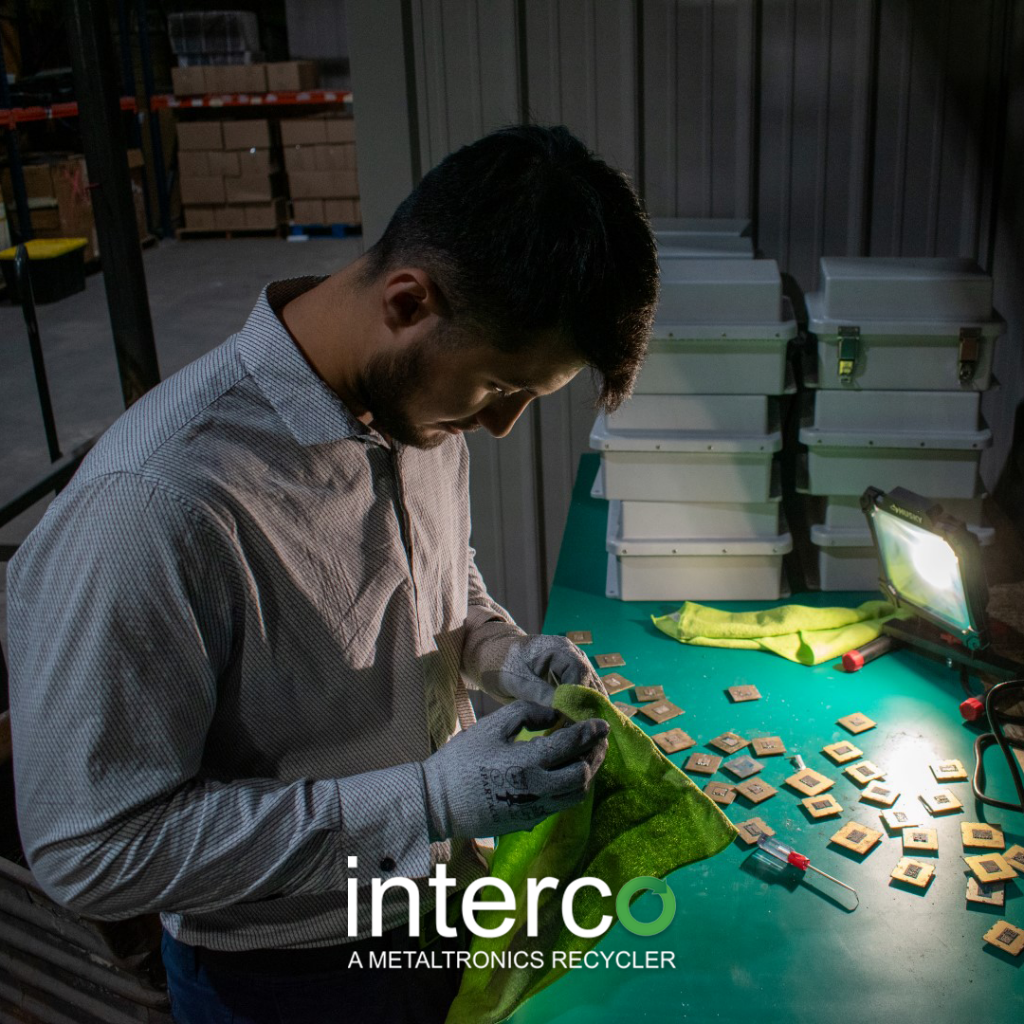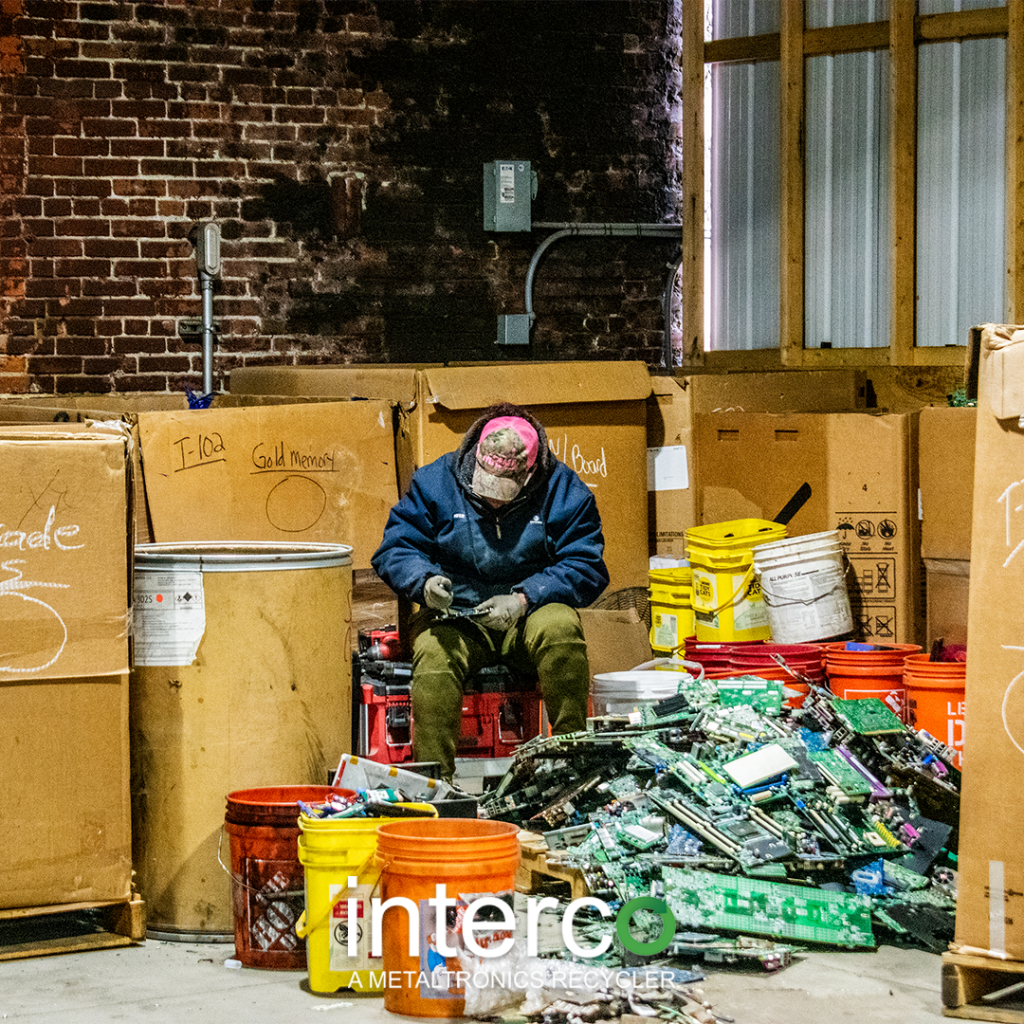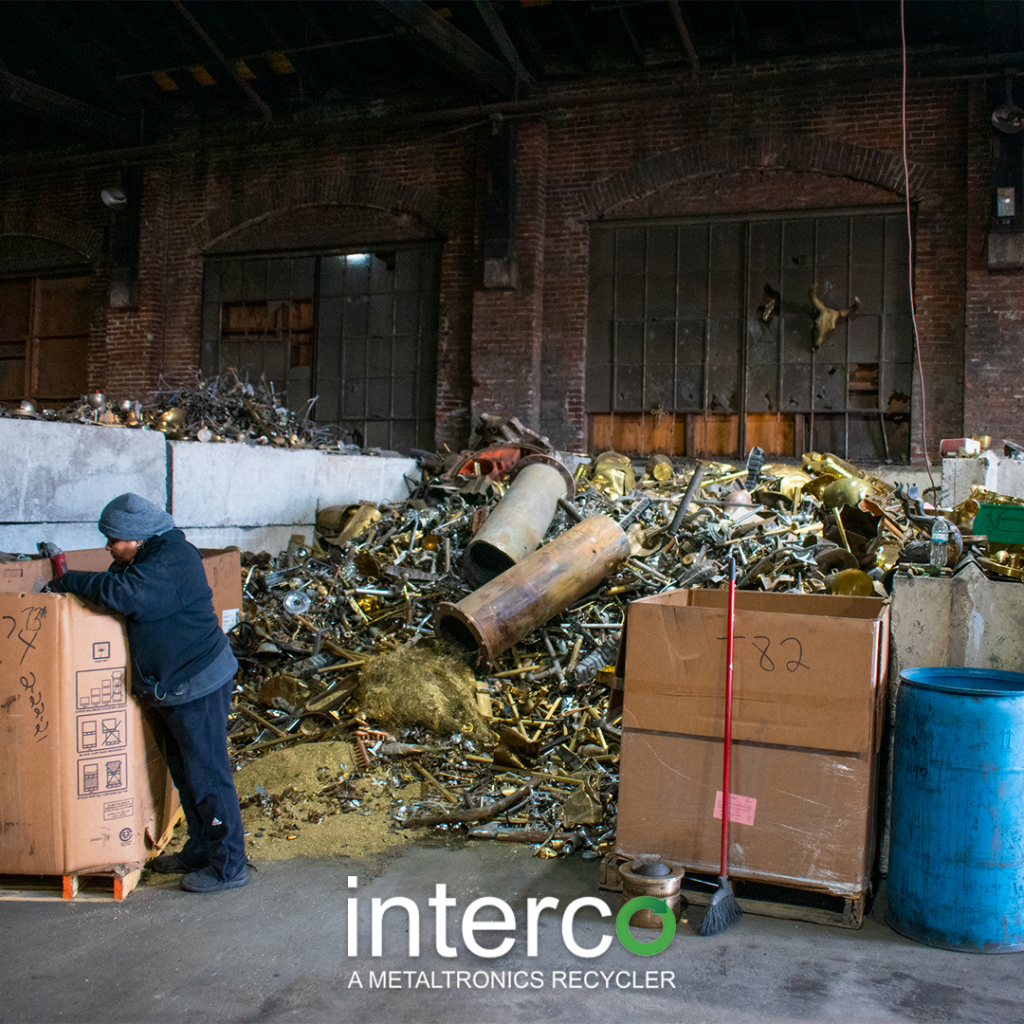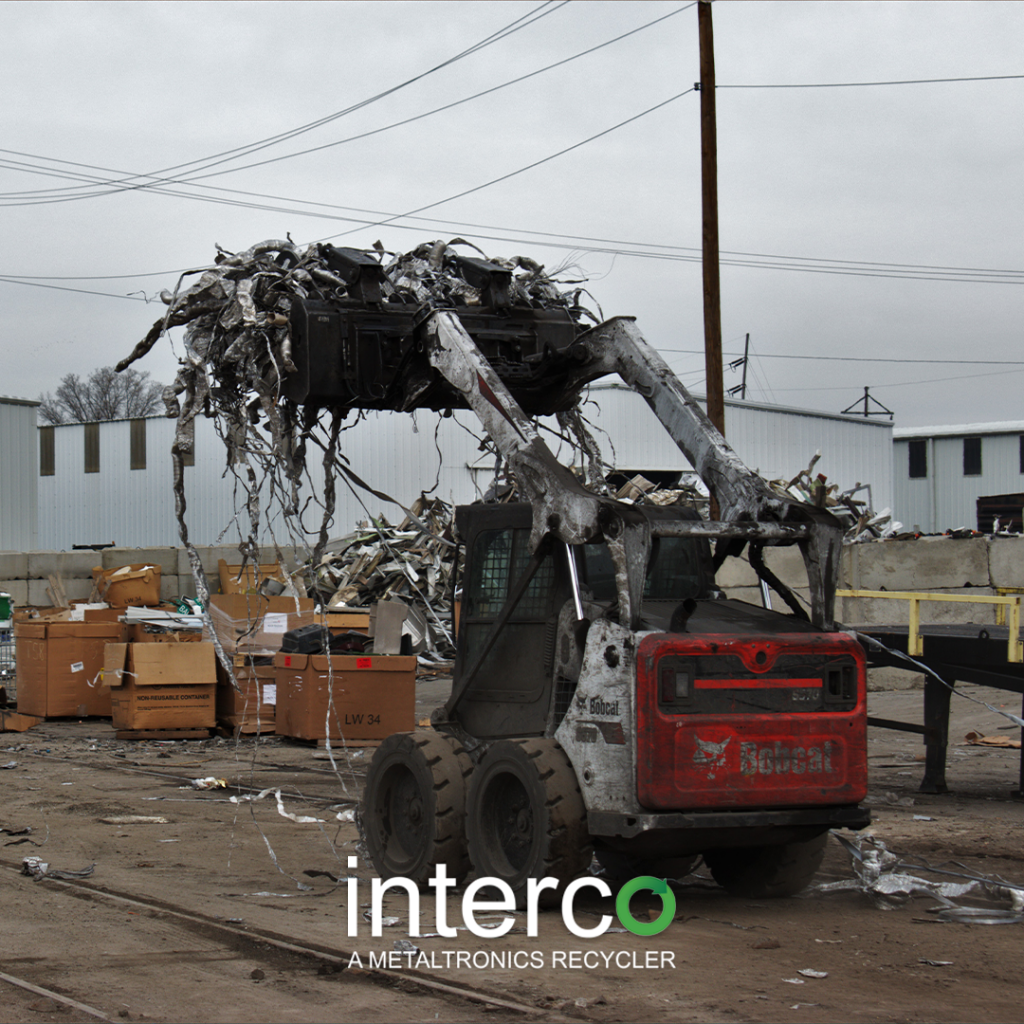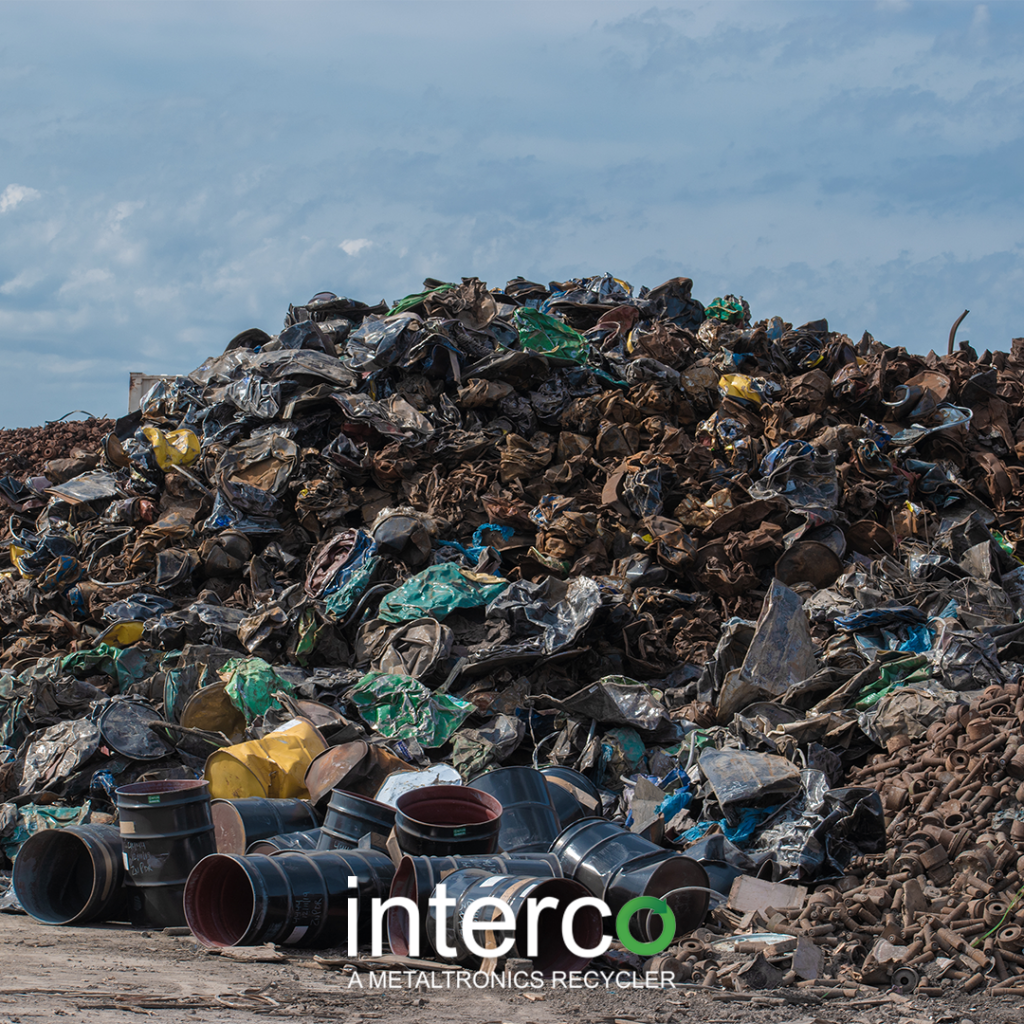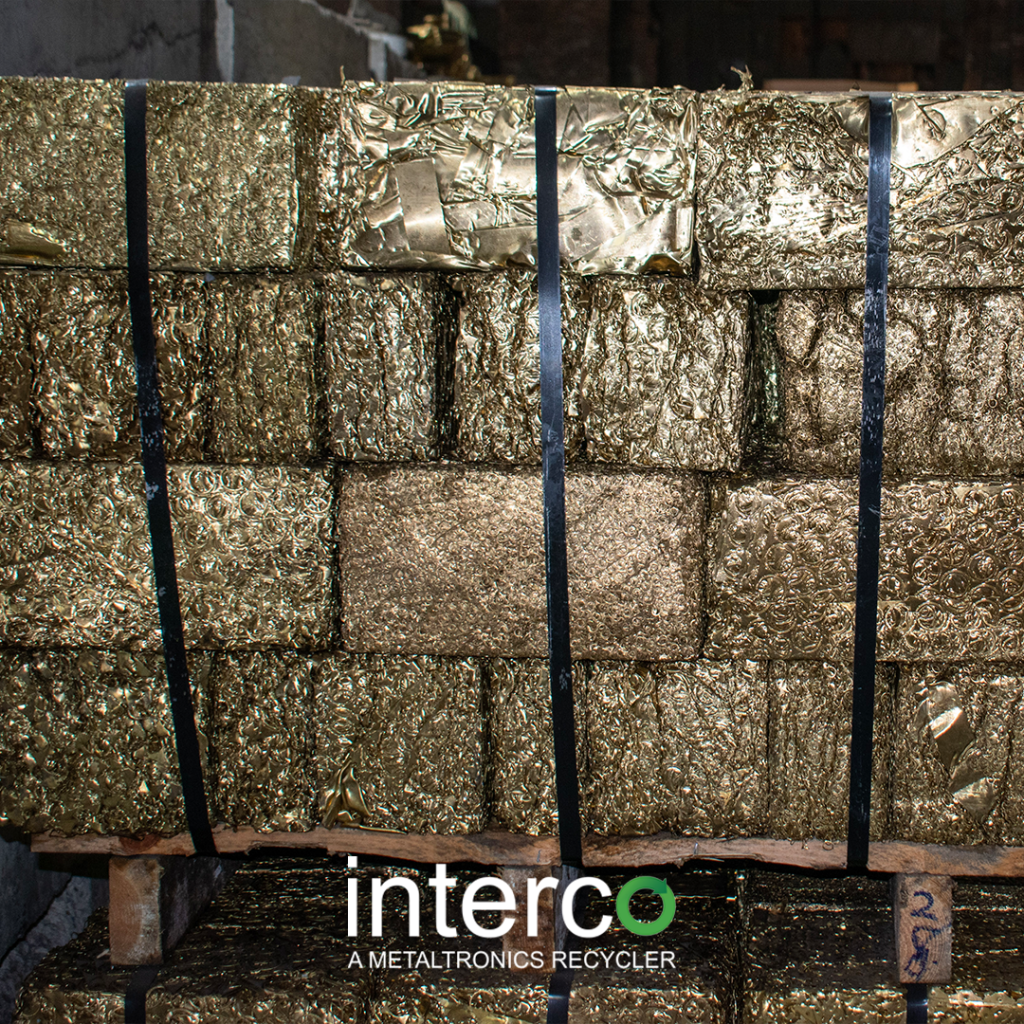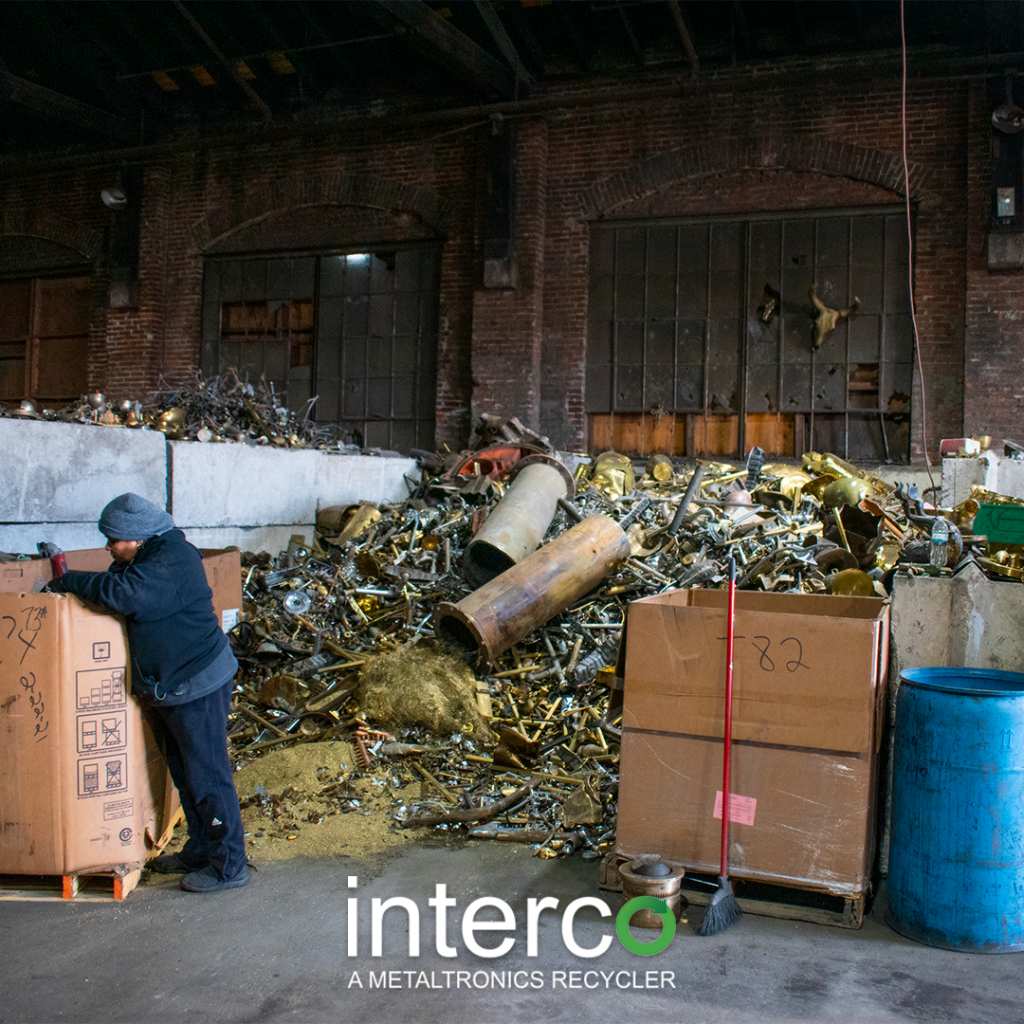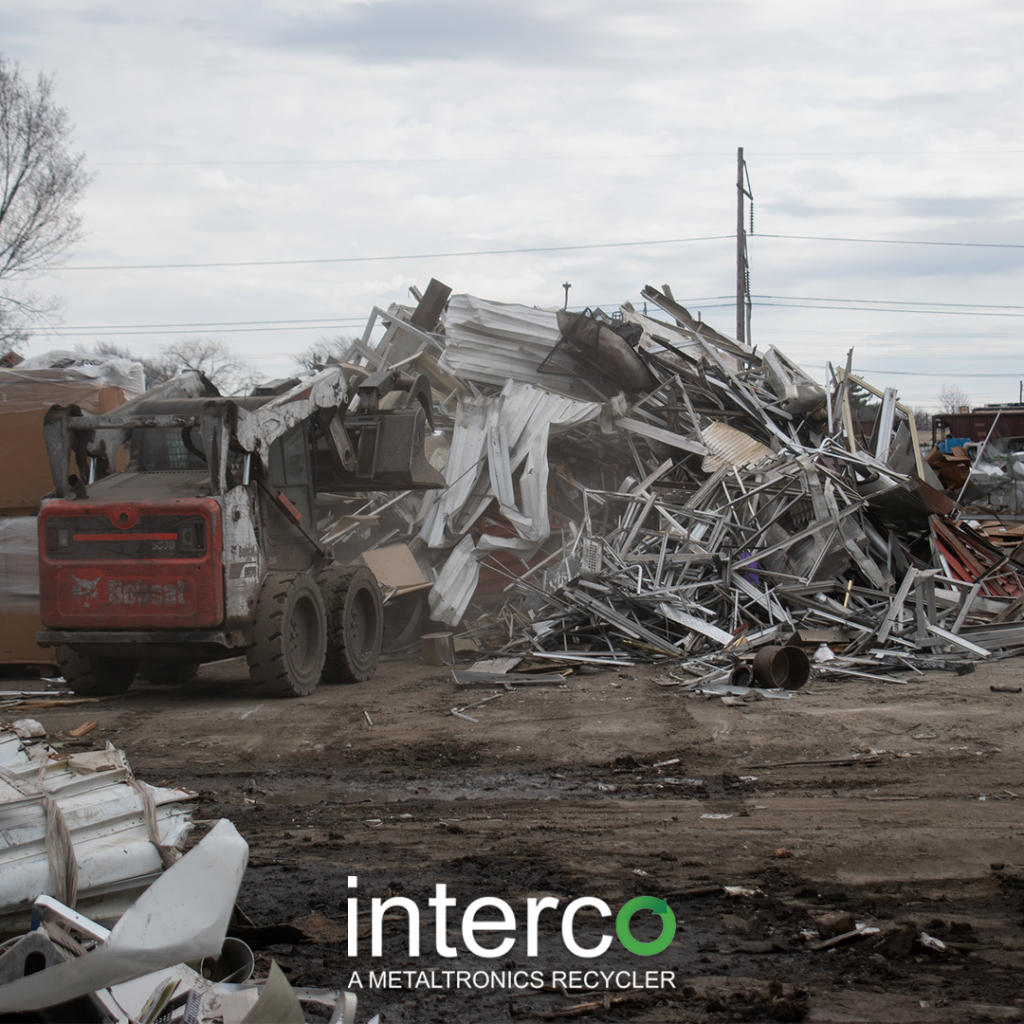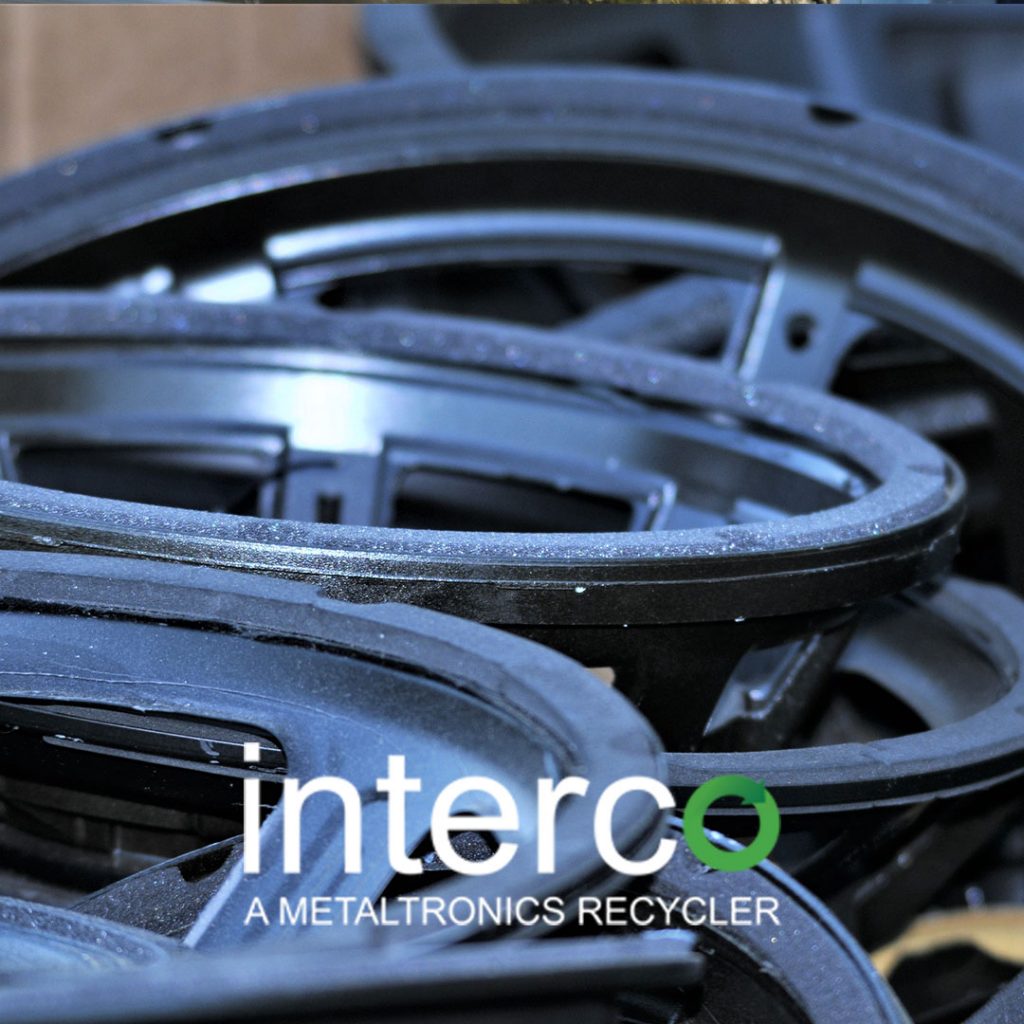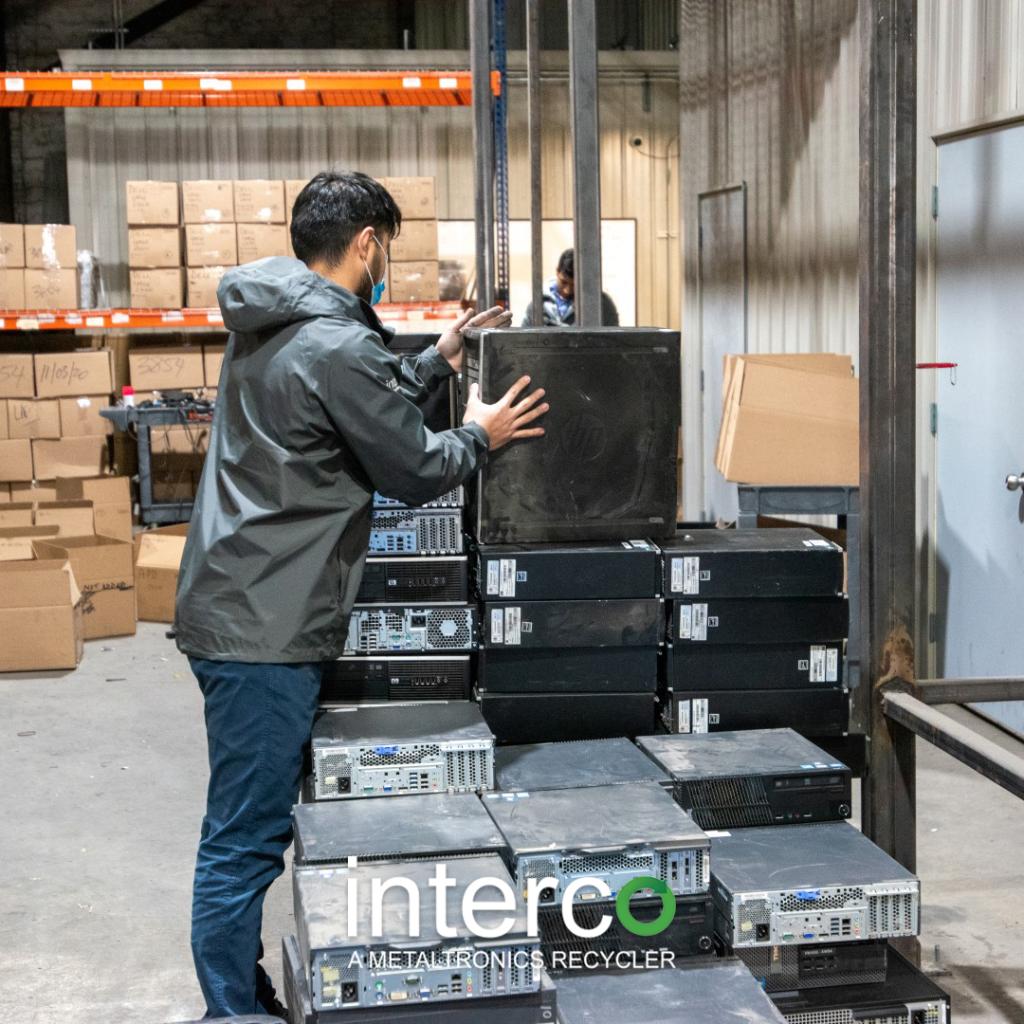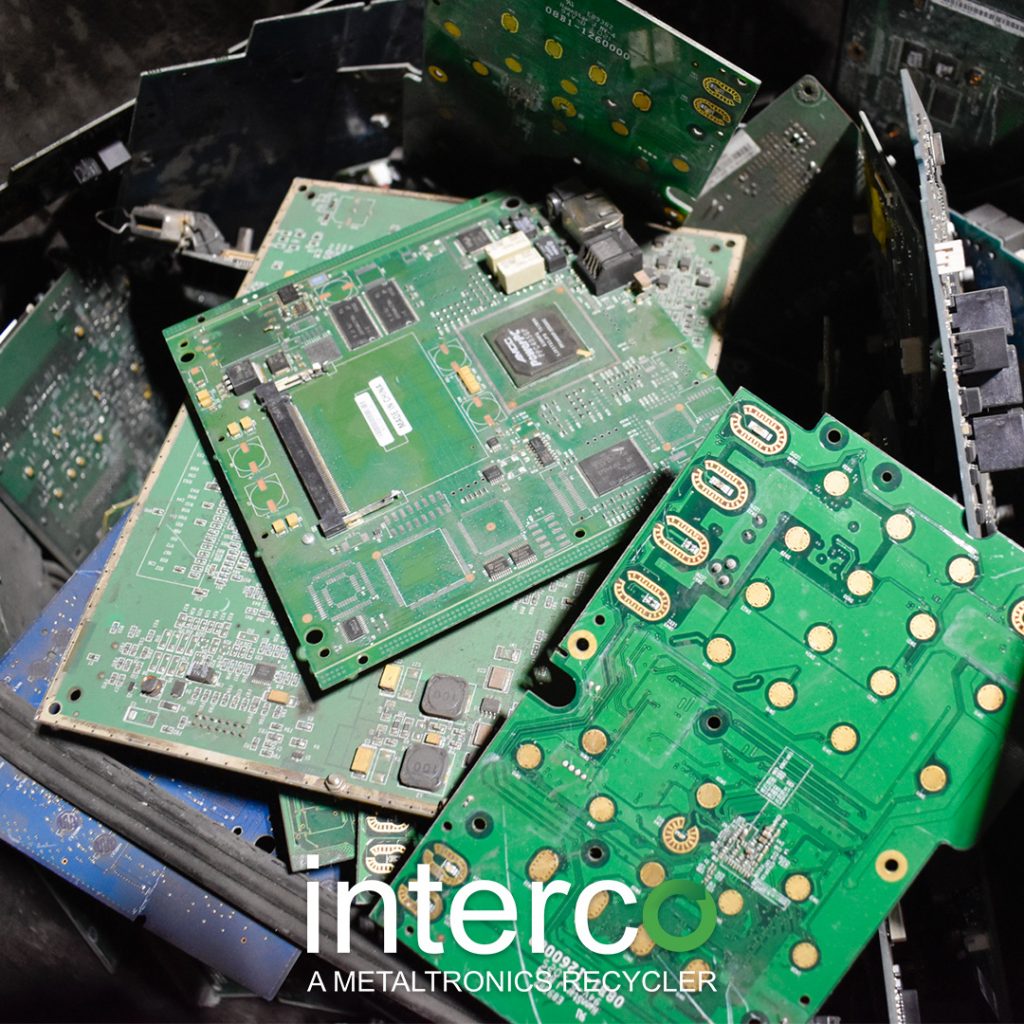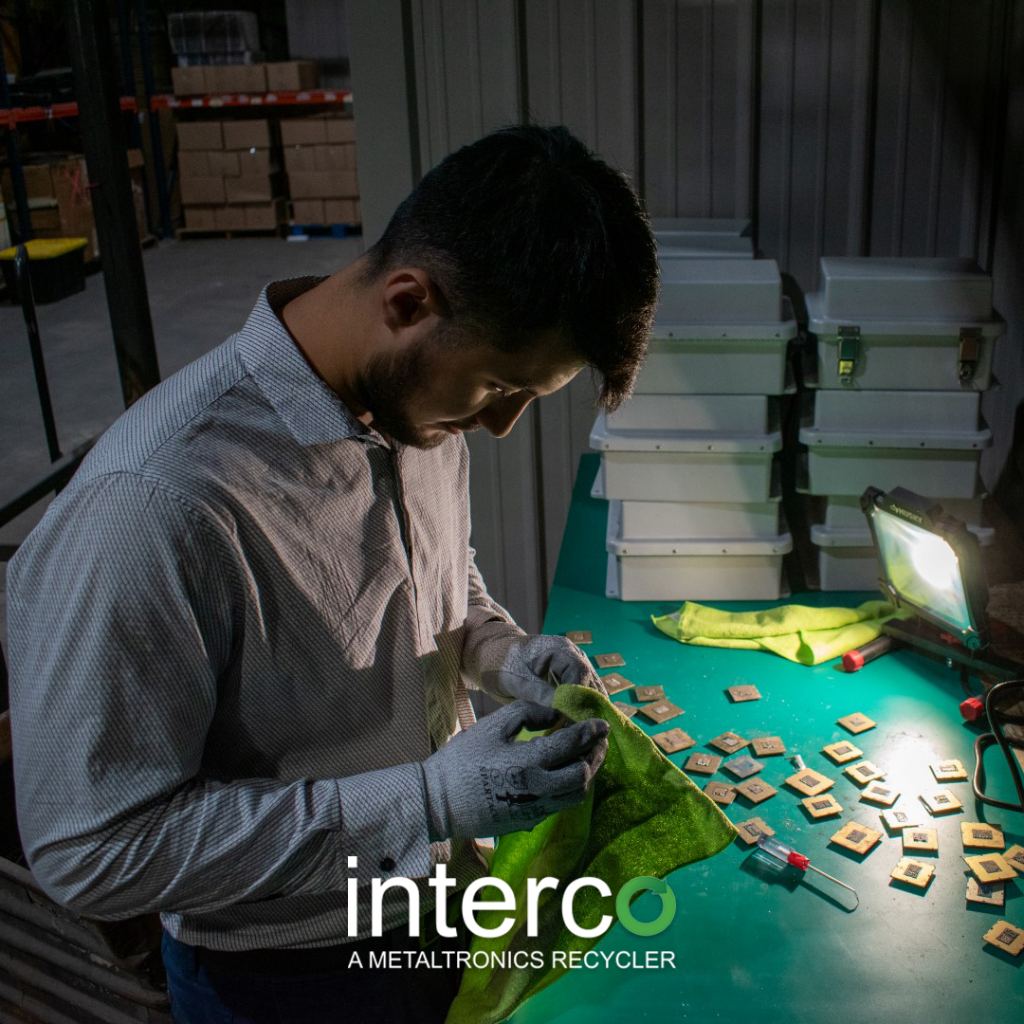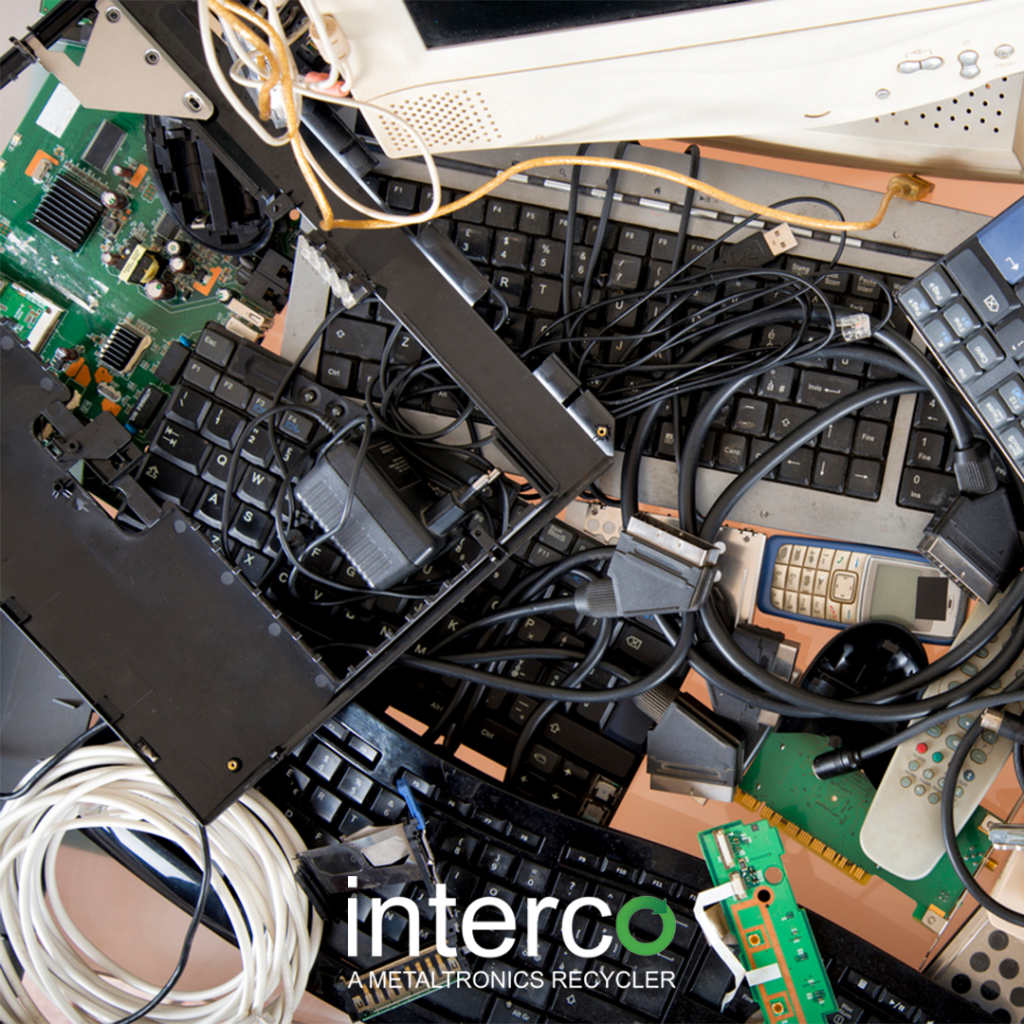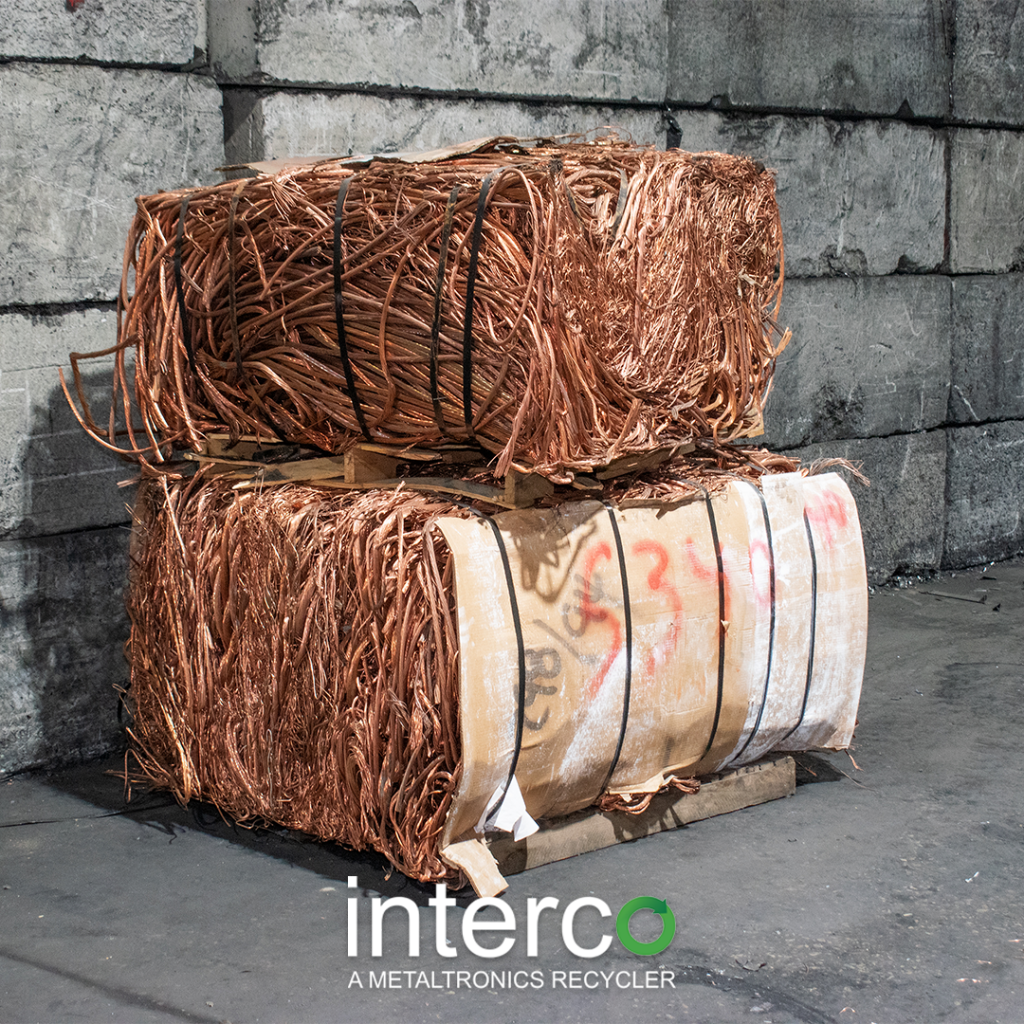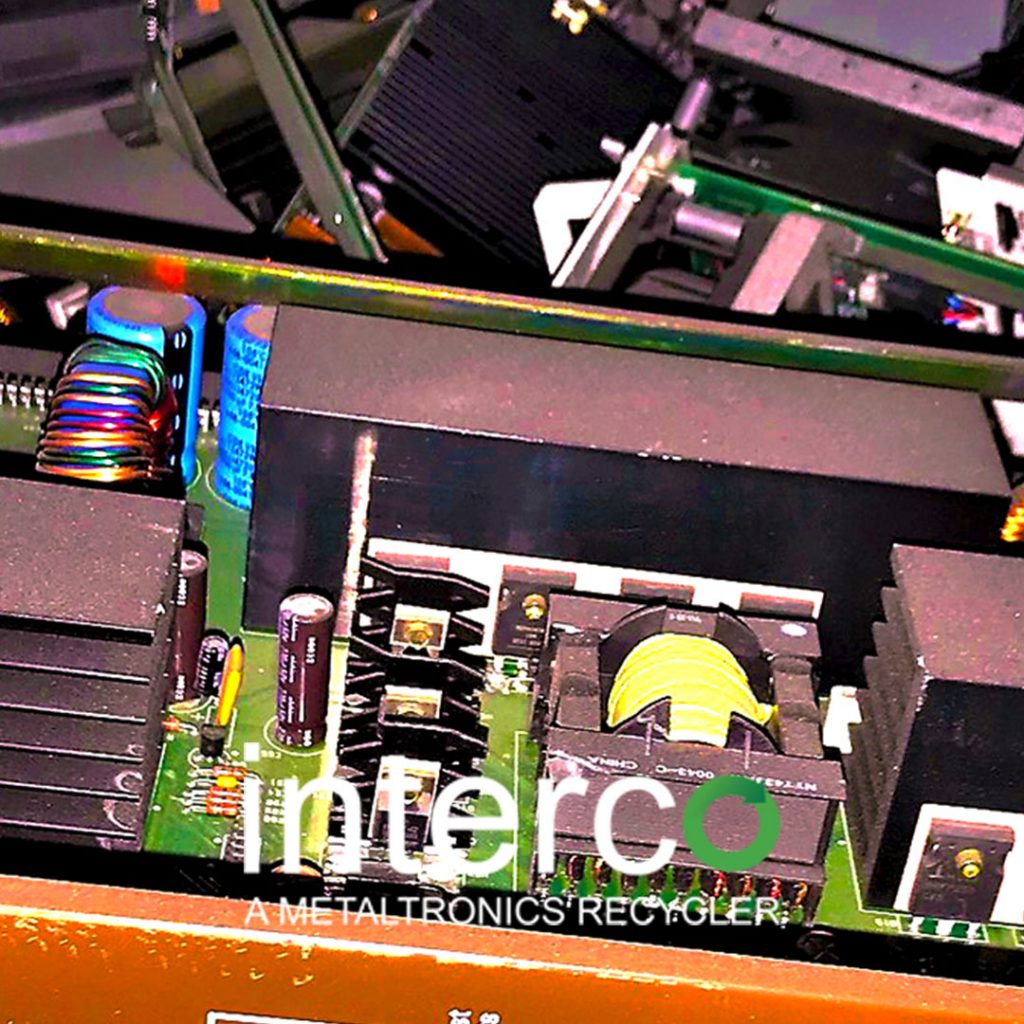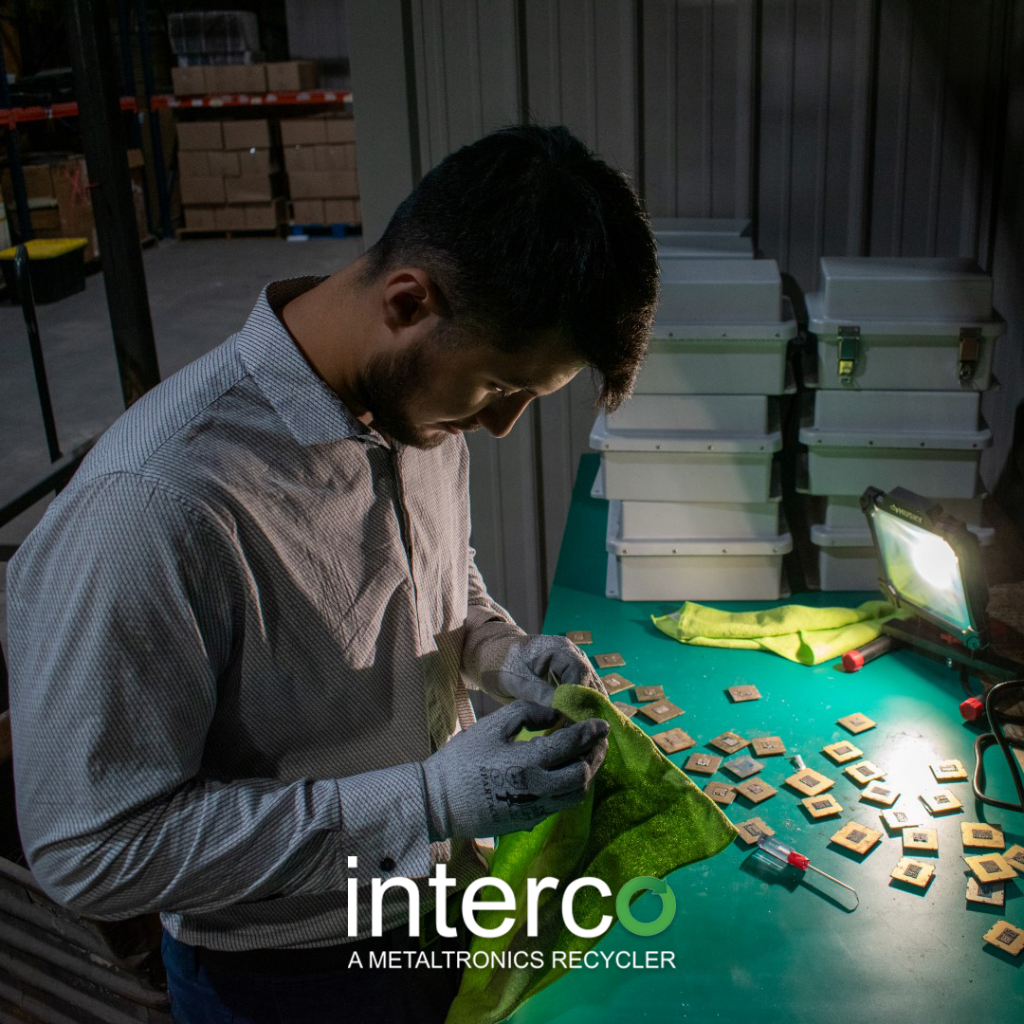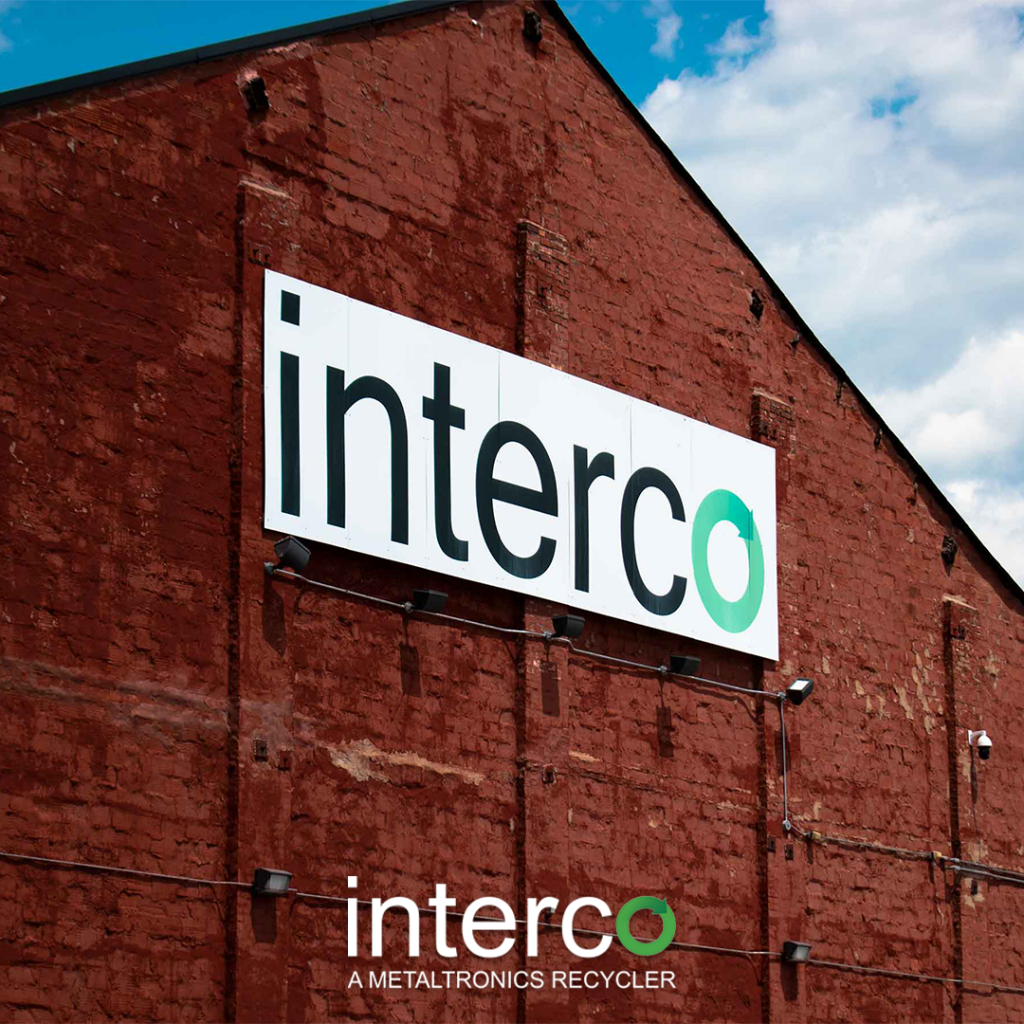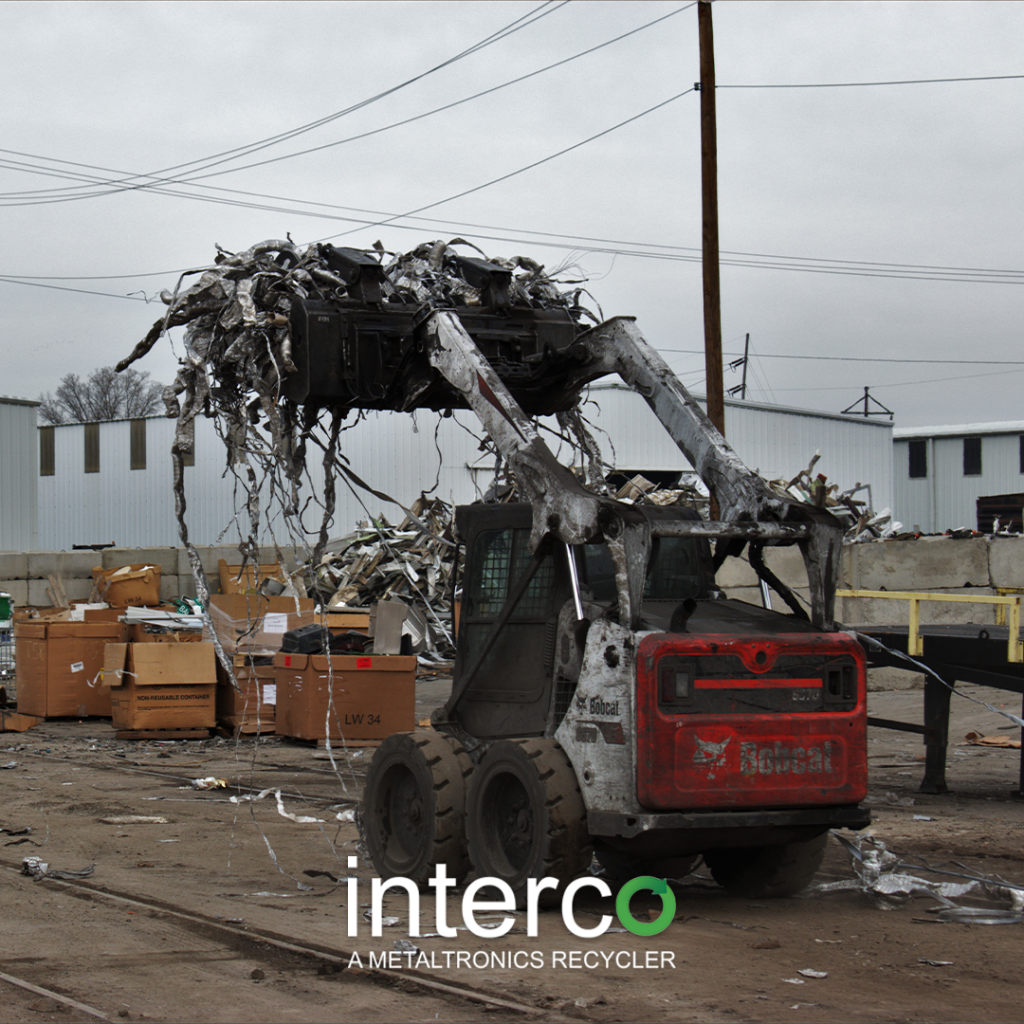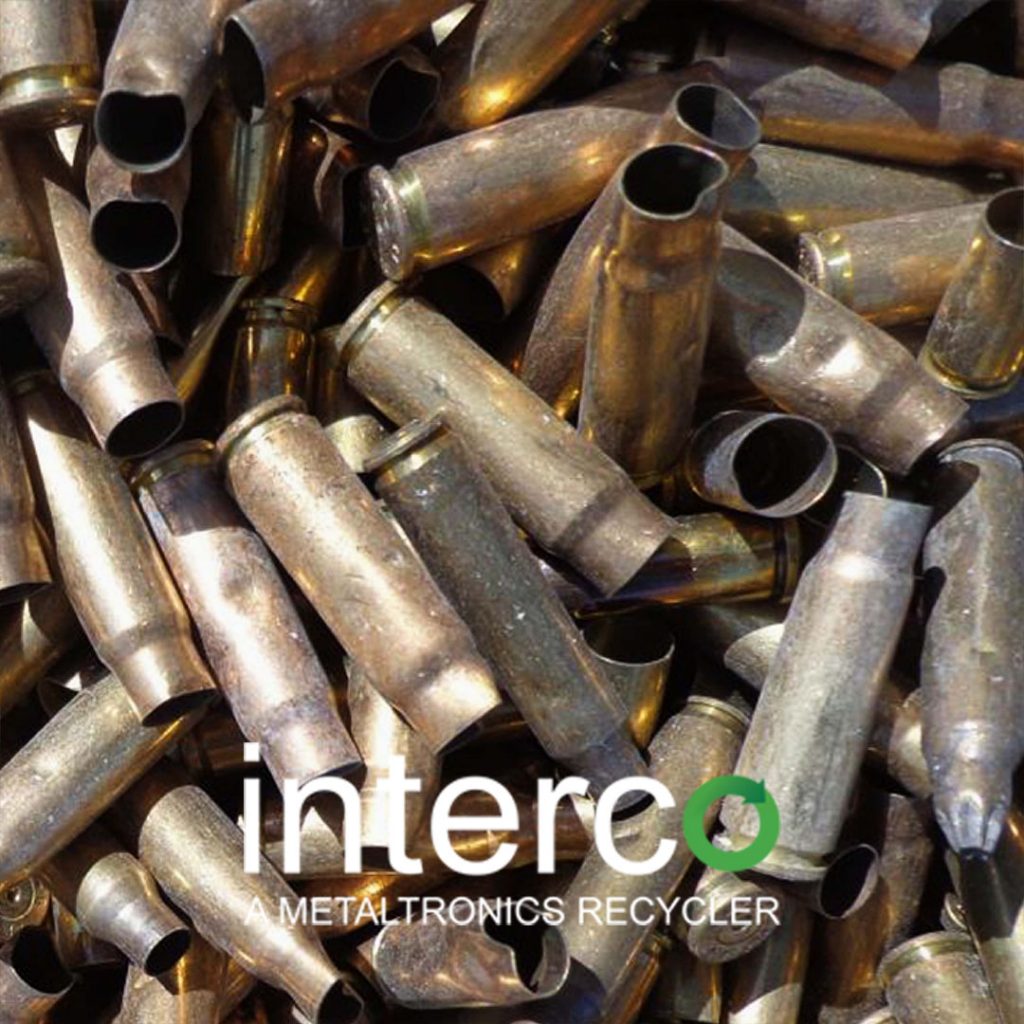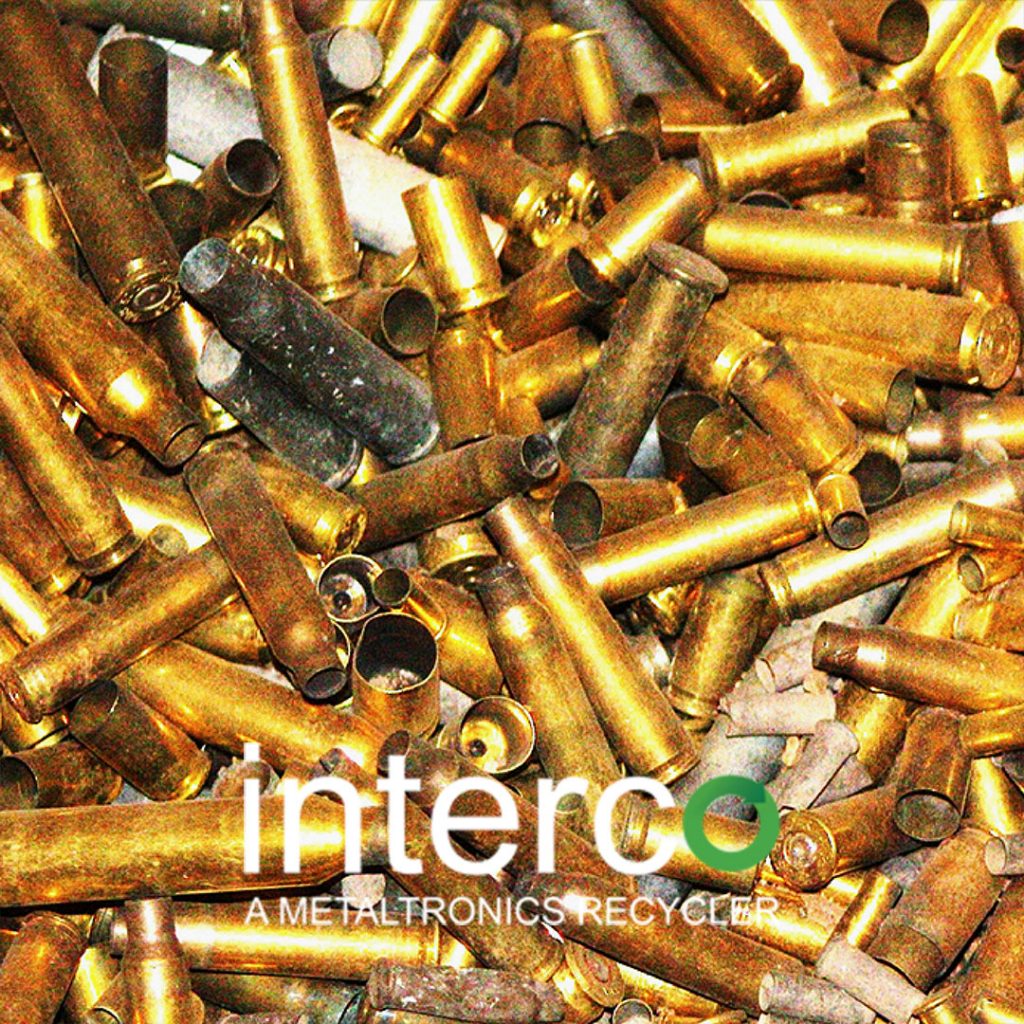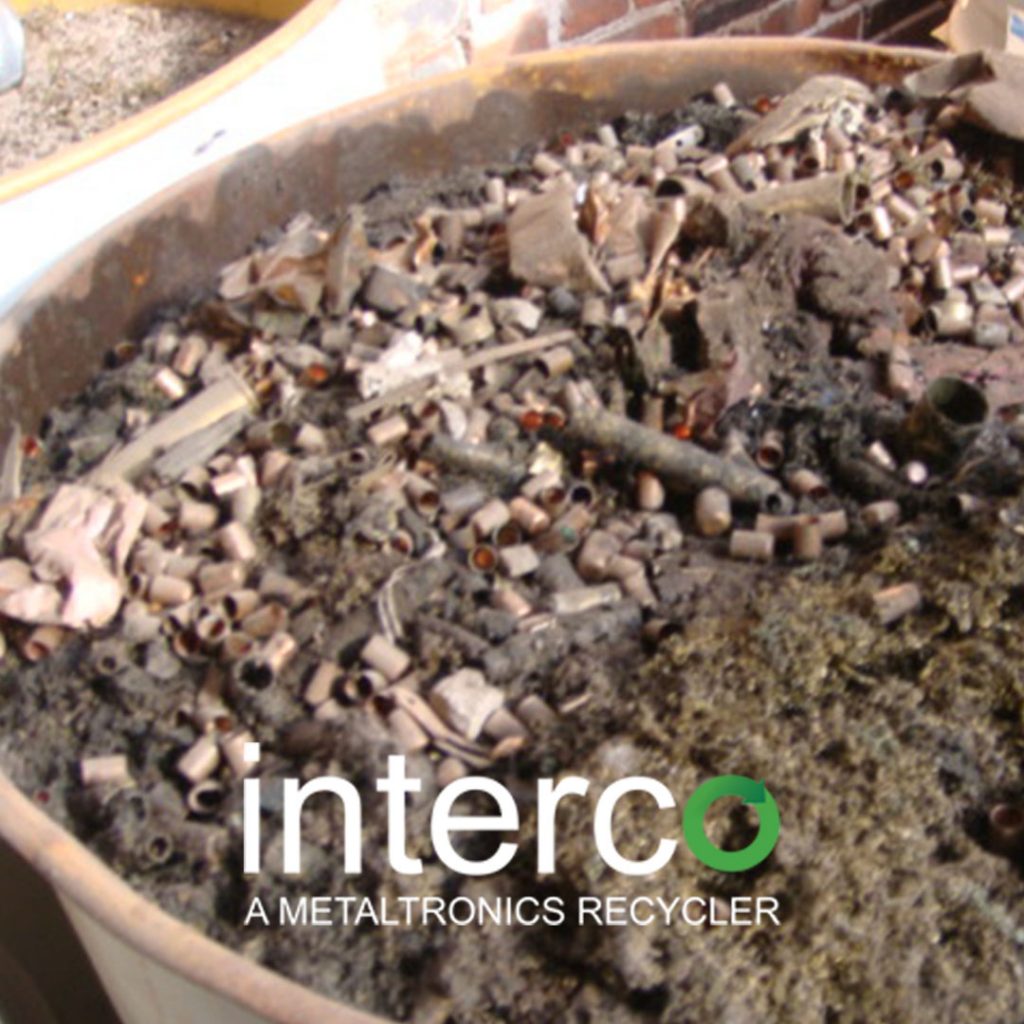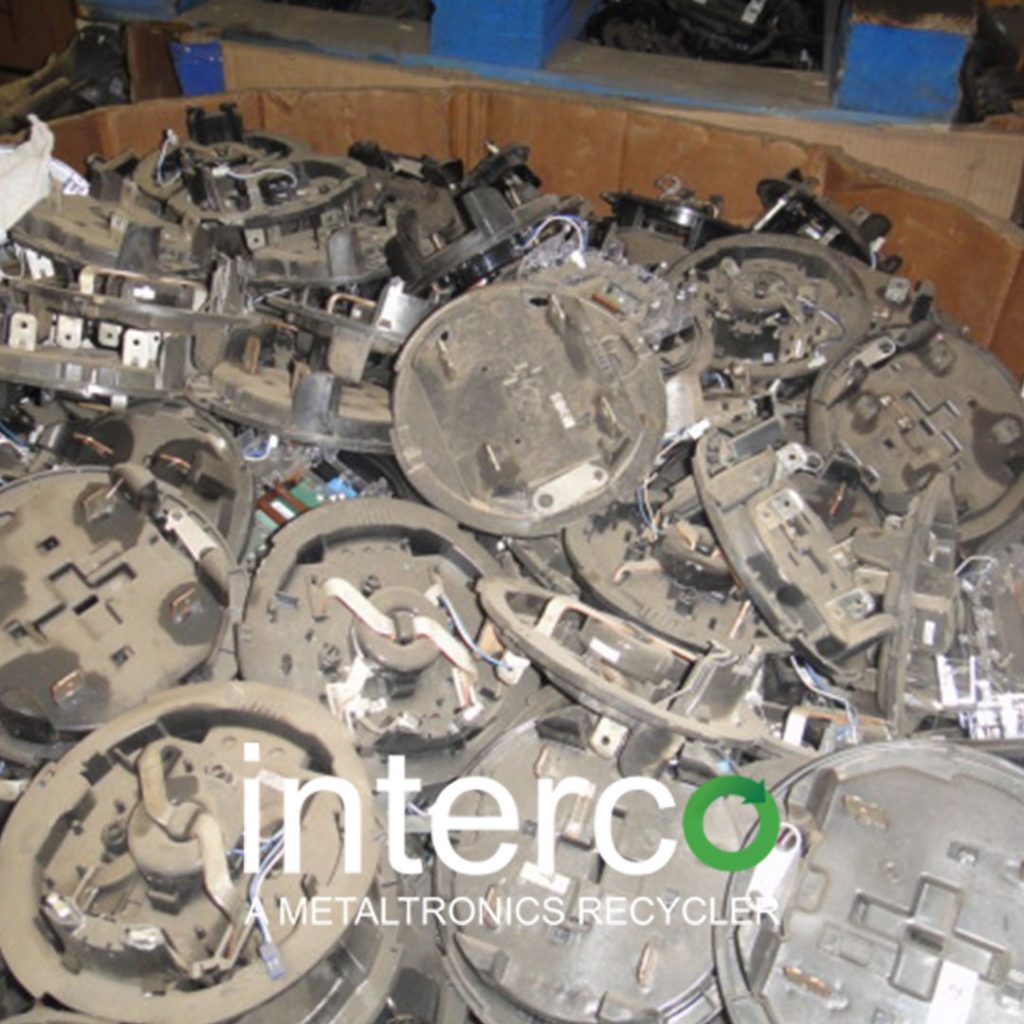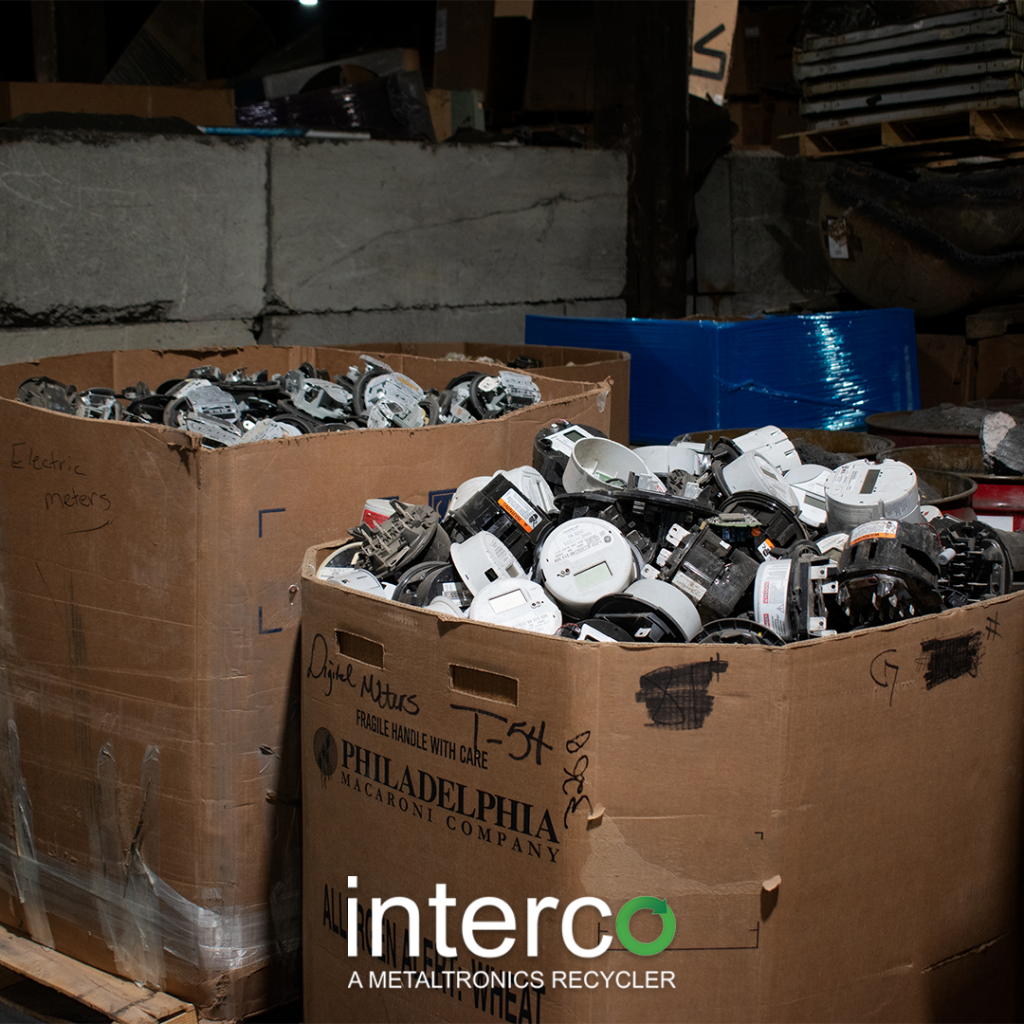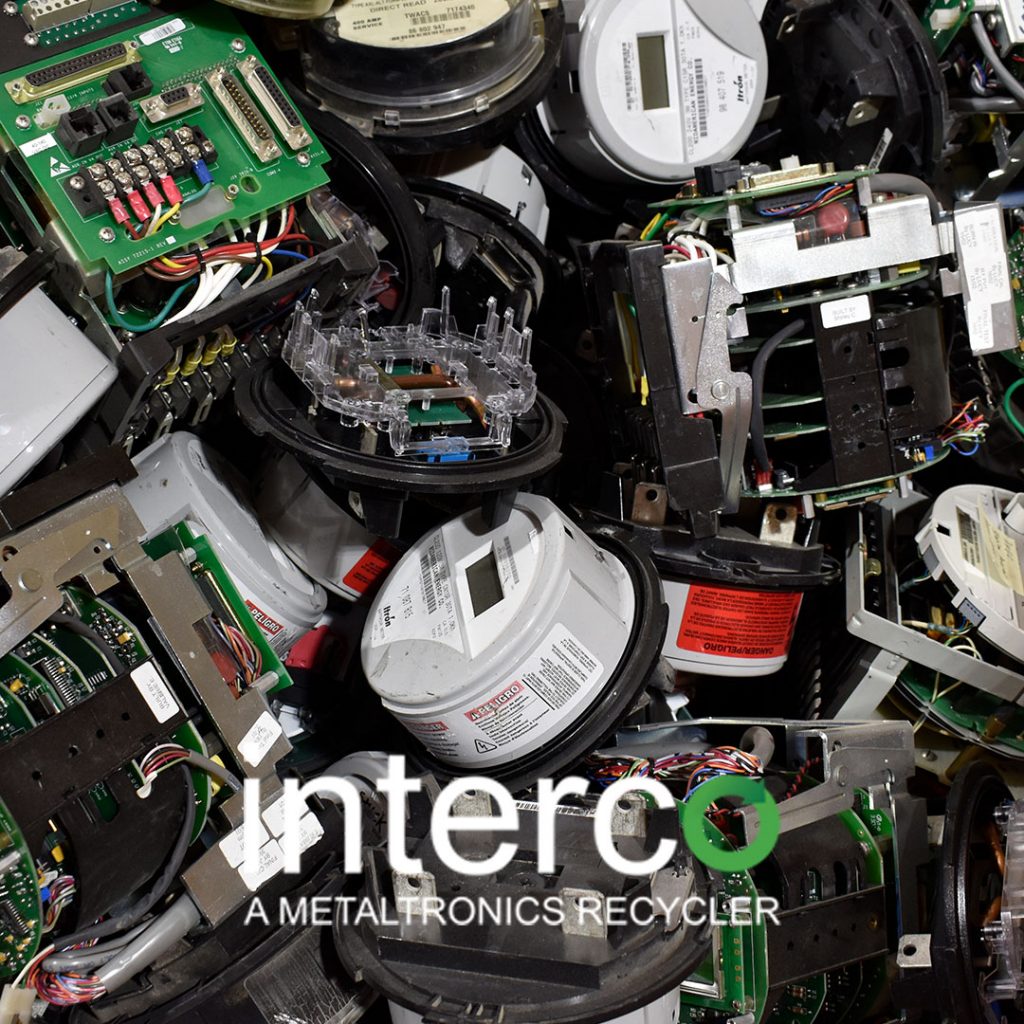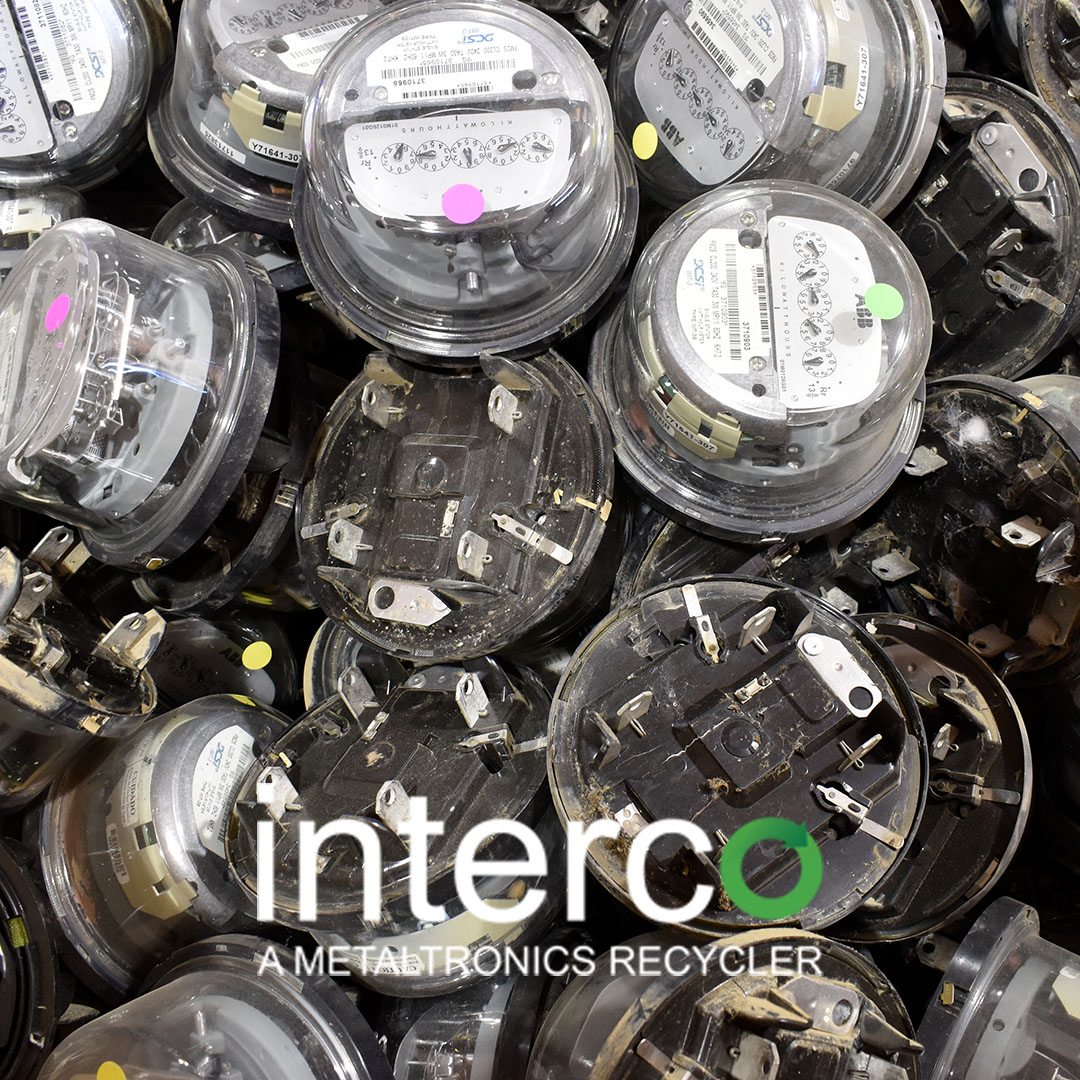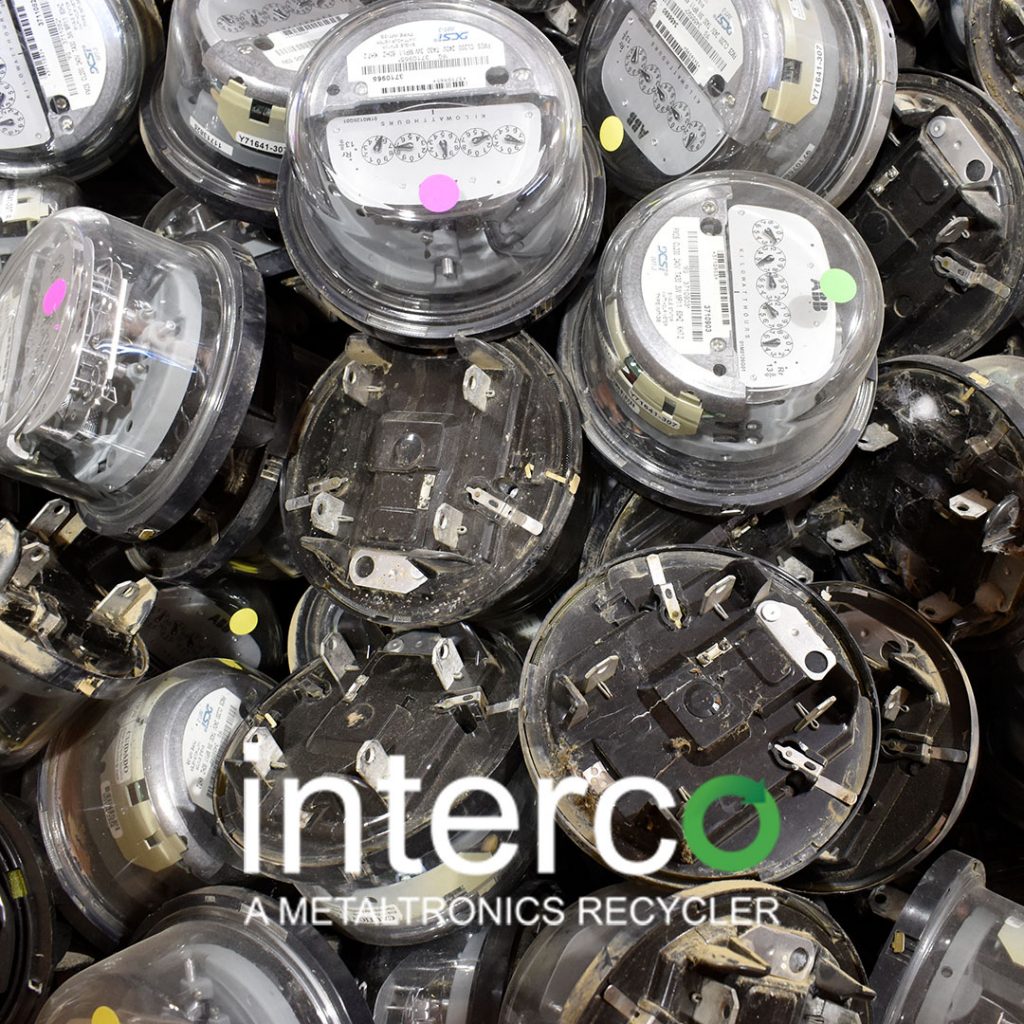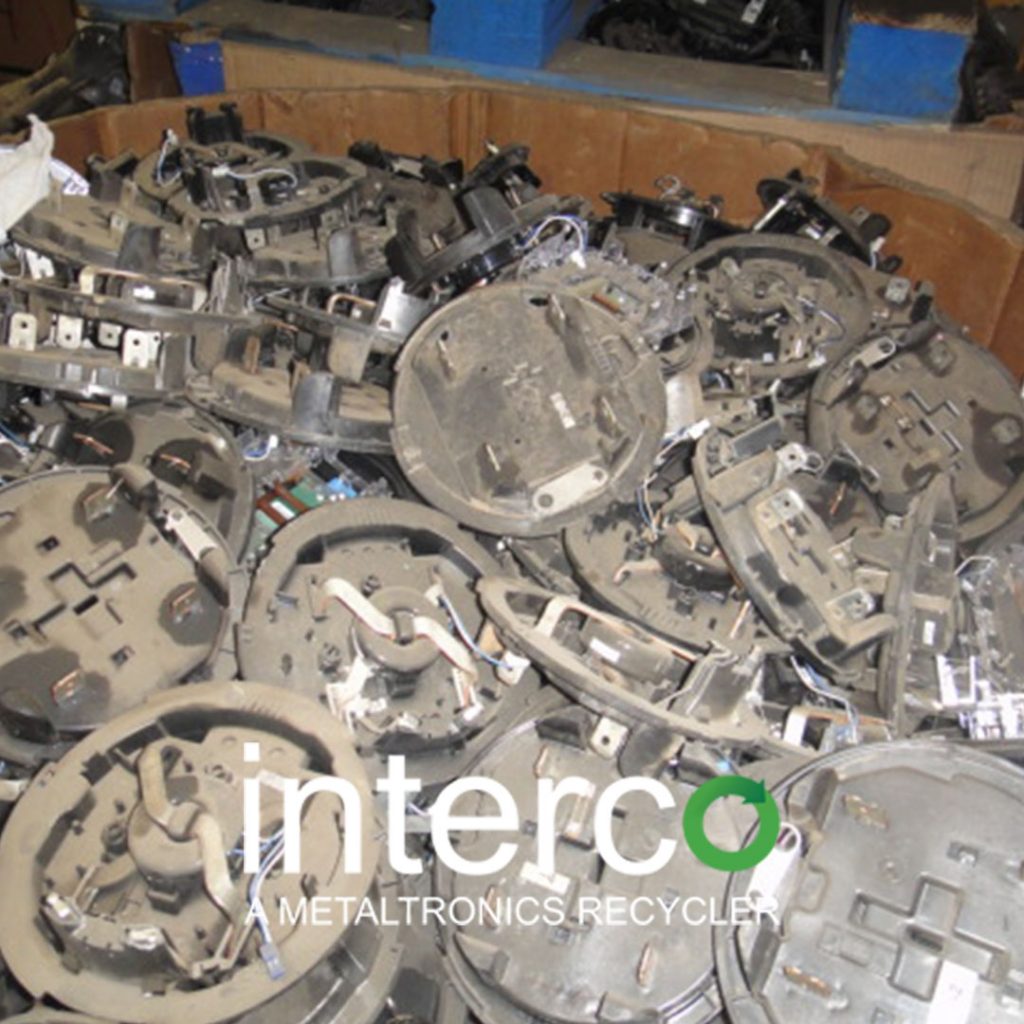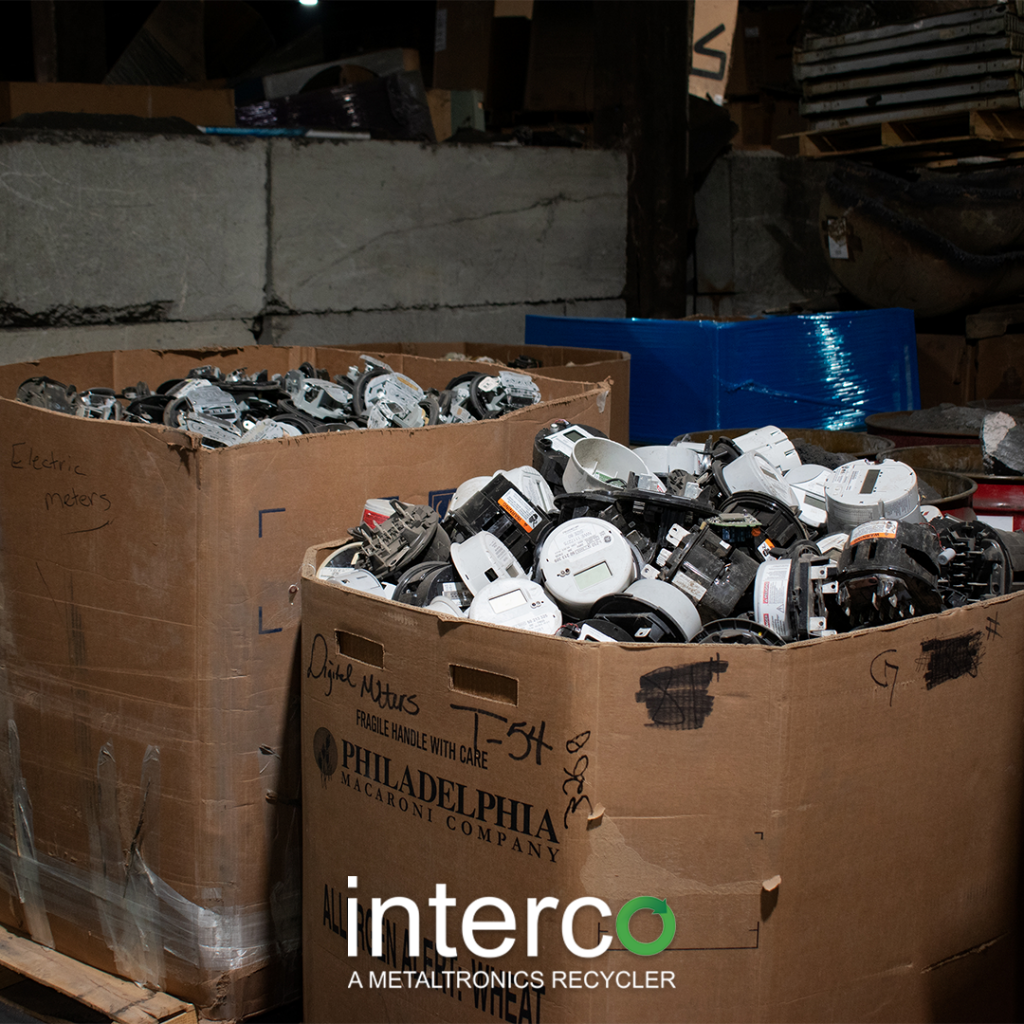Scrap Copper and Brass
Scrap metal such as scrap copper and brass eventually transition into end-of-life products or structures creating the need for recycling.
The metal recycling process involves collecting the metals, processing them, and then shredding and melting the material in furnaces at high temperatures to produce blocks or sheets. These are then sold to manufacturers of metal products. For example, nonferrous metals such as scrap copper and brass benefit from the recycling process.
Nonferrous metals refer to metals, including scrap copper and brass, that do not contain iron in significant amounts.
The Difference
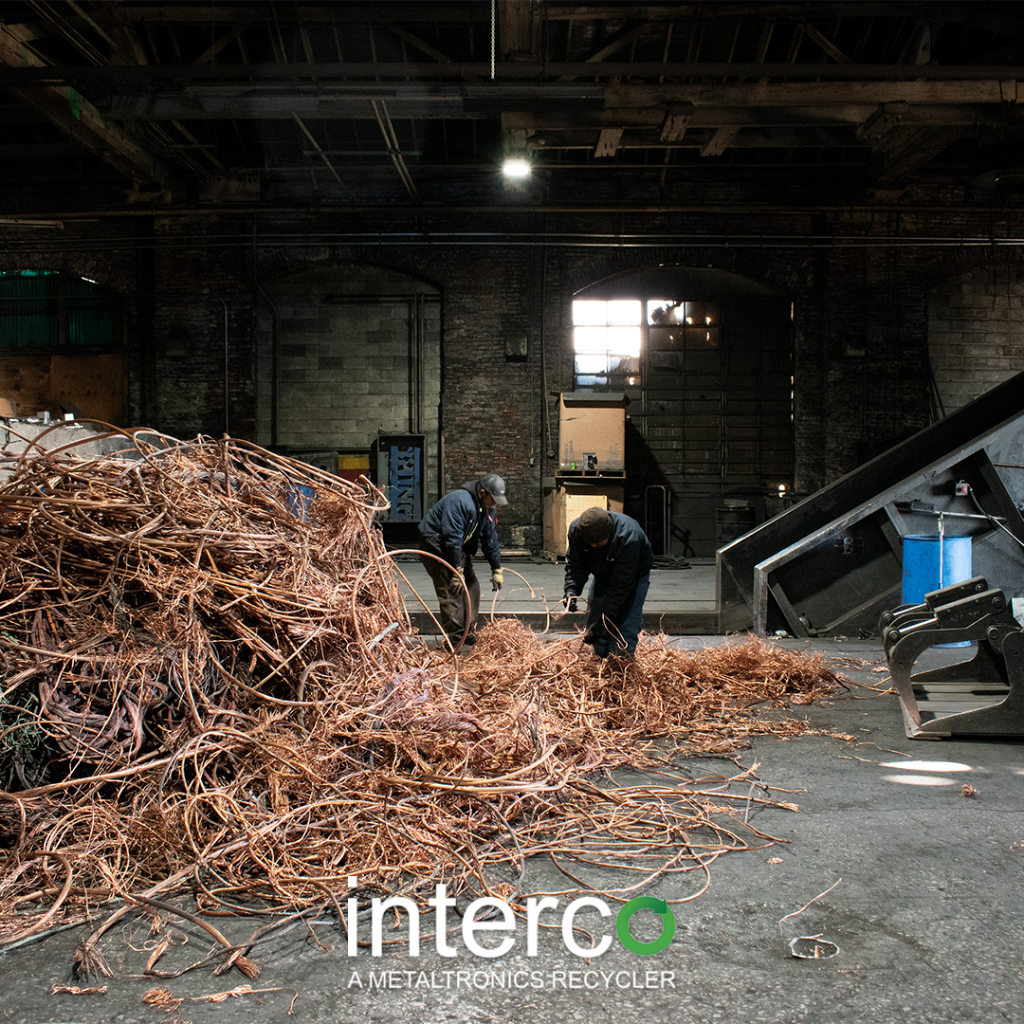
Scrap copper and brass are two common metals that are seen in the recycling industry. These materials are a higher value metal and used in a lot of plumbing work and electrical components. Copper conducts electricity, so it is often used in electrical wiring and electronics. While brass is commonly used in home fixtures, furniture, and decorative items due to its strength and durability.
Copper is a raw element found in the earth’s surface and brass is made from multiple elements. This industrial metal resists corrosion and demonstrates highly malleable characteristics such as being durable and having high thermal and electrical properties. These properties make their scraps valuable. Copper can be found in computer cables, and power cords, and old extension cords. Aged plumbing pipes, cooking pans, and electromagnets may also contain copper.
Brass is the combination of copper and zinc make up this red metal alloy. The amount of zinc present depends on the value of its scrap because more zinc content means less ductility which decreases its value to the electronic industries despite its elevated intrinsic value.
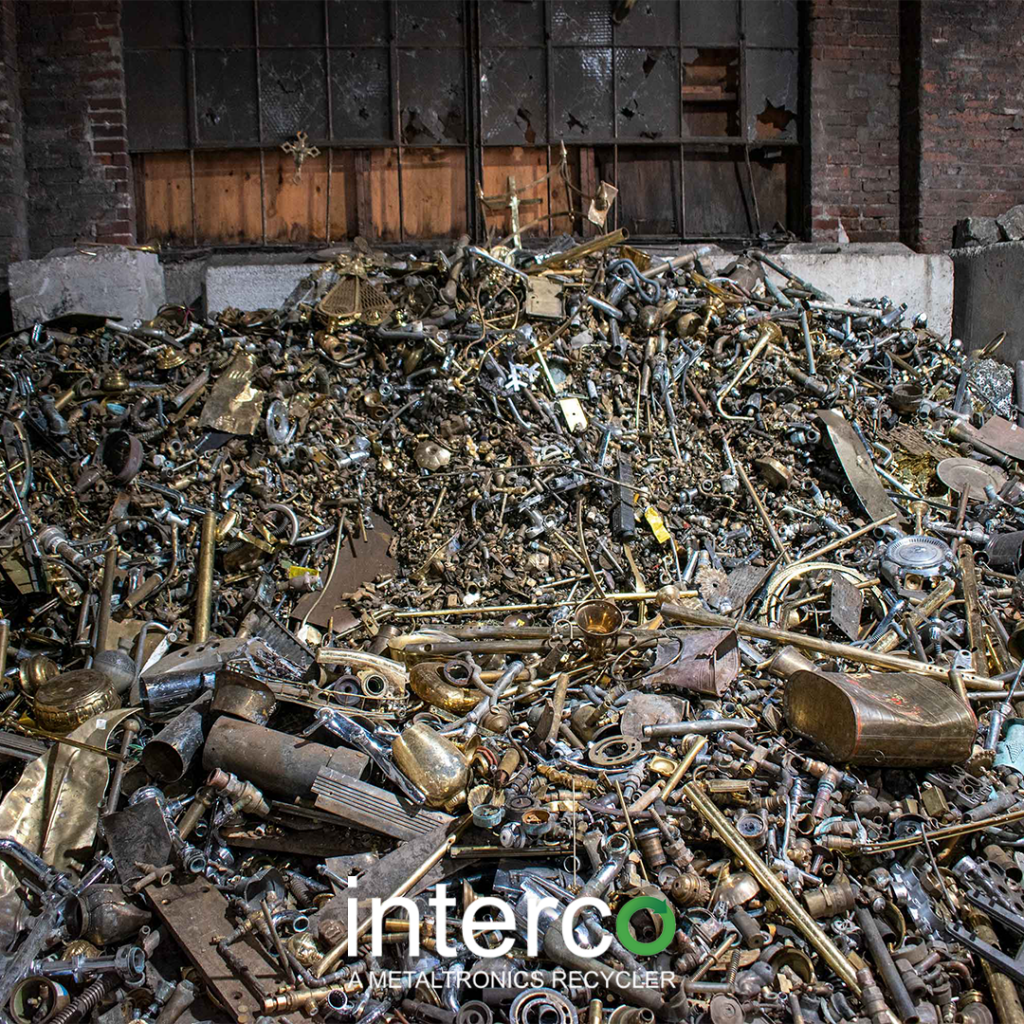
The Value
There is value in recycling scrap copper and brass as there is with items such as plastic bottles, hand-me-down clothing, and newspapers. Through reuse and recycling, recycling scrap copper and brass can reduce what goes to landfill, reduce waste, and save on energy used to produce new materials. By recycling scrap copper and brass, you can make money and positively impact the environment. Though scrap copper and brass are used for similar purposes, they have differences in what they are made of and value. Generally, copper is of higher value than brass.
Copper is one of the most valuable scrap metals that you can recycle. It has a reddish hue when in good condition, but it can earn a dark brown appearance when worn.
Brass is a combination of zinc and copper. This heavy scrap metal has a yellowish color, but often takes a greenish appearance when left outside for a long period of time.
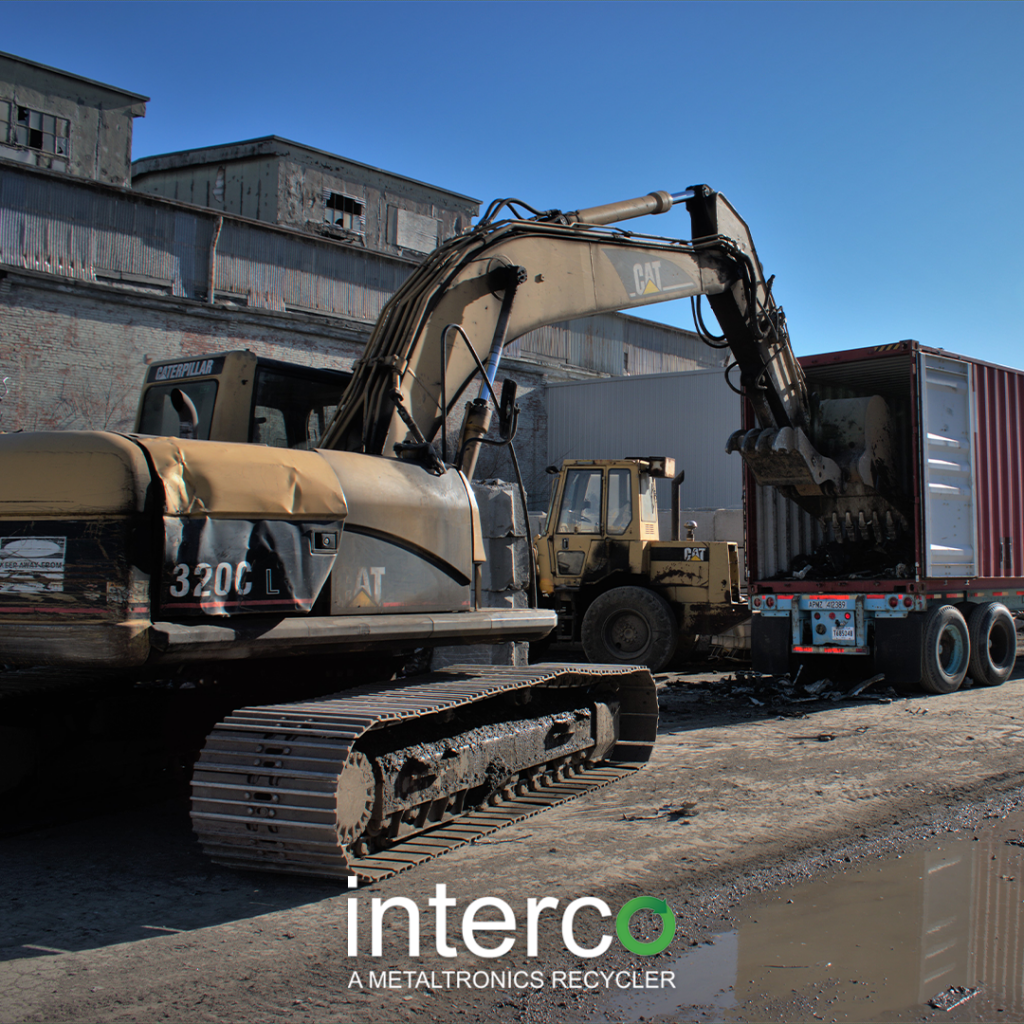
Recycle Scrap Copper and Brass With Interco
When recycling metals, we reduce the amount of ore mining throughout the world. These materials often travel to the garbage due to the lack of knowledge and sources for metal recycling. Therefore, it is crucial to note that Interco is a leading North American nonferrous scrap metals recycling company. Scrap copper and brass are valuable materials which benefit from the recycling process.
Interco recycles mixed scrap loads. In addition, our suppliers can ship a truckload of material (usually 40,000+ pounds) – with any combination of the above items. There is no minimum quantity per item, they just need to be separated either by bale or by gaylord box.
To learn more about Interco’s mixed scrap recycling services, click here.
